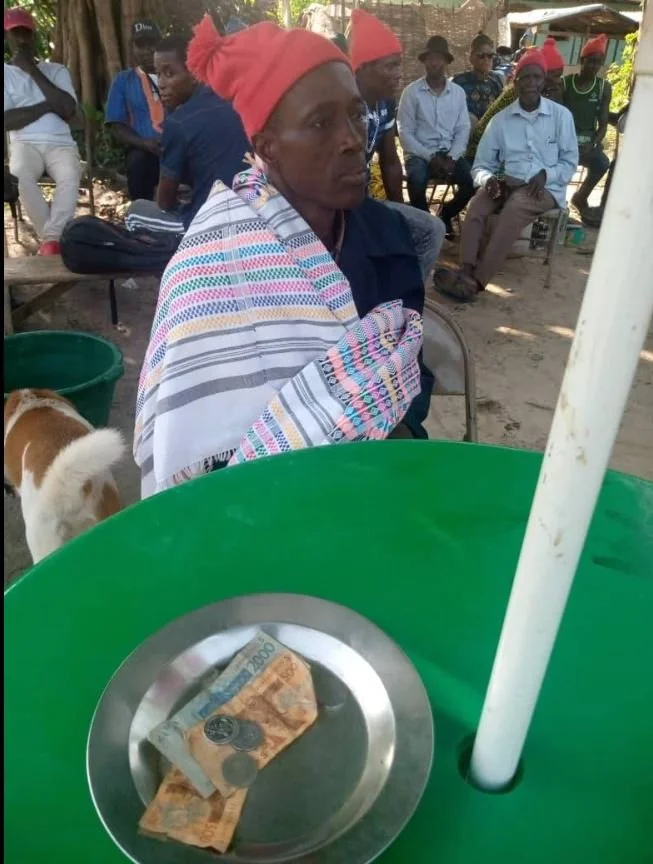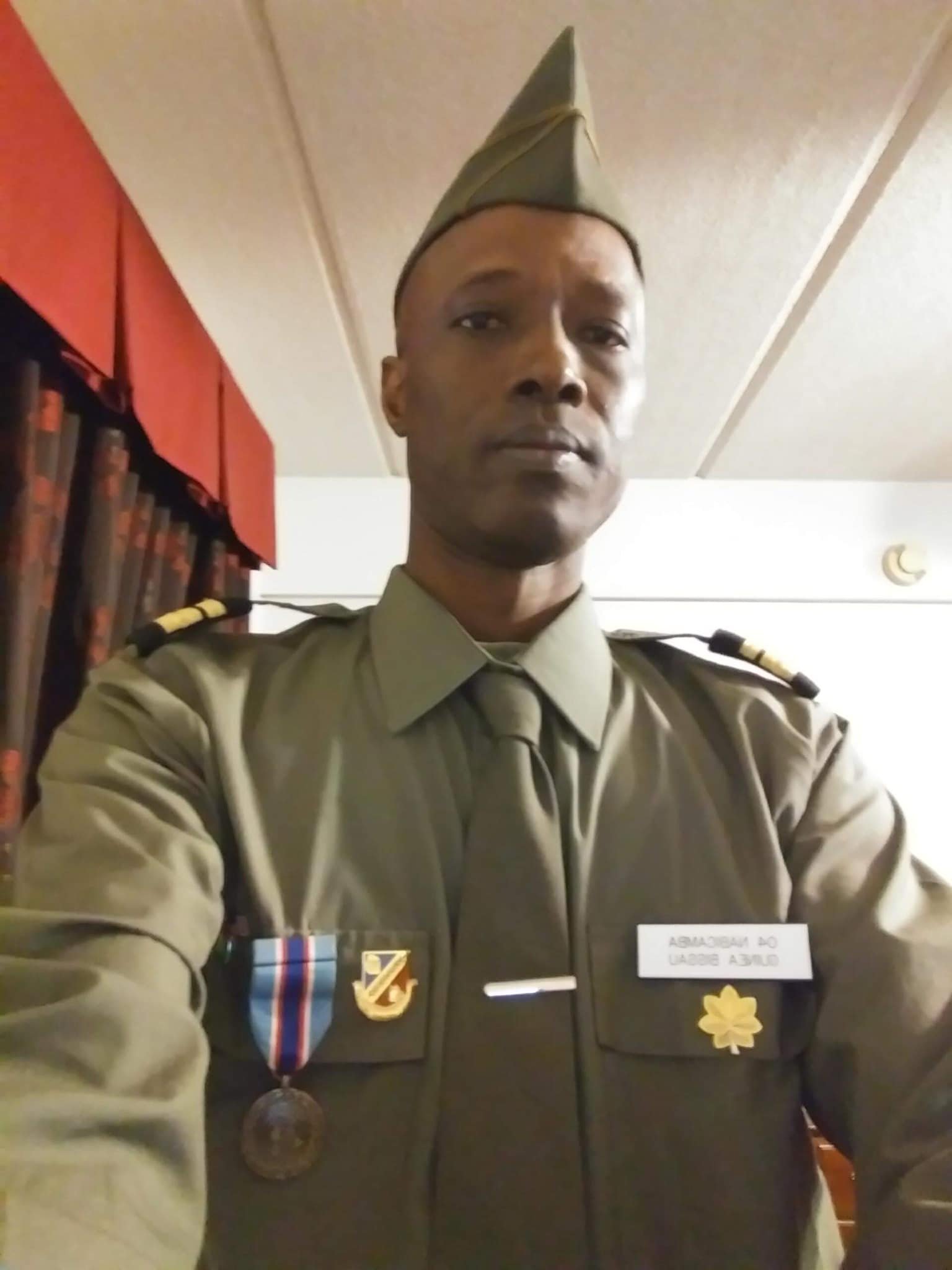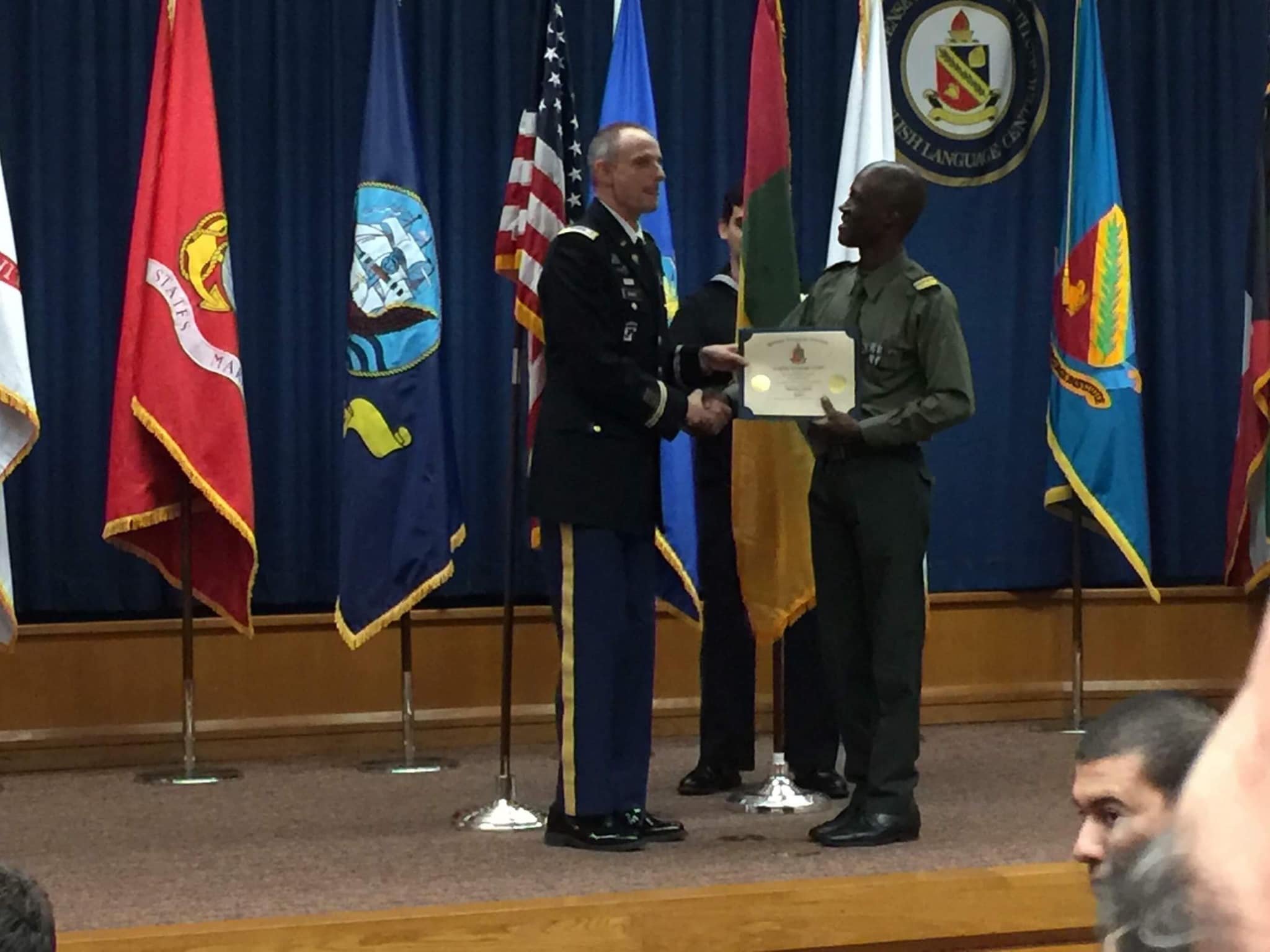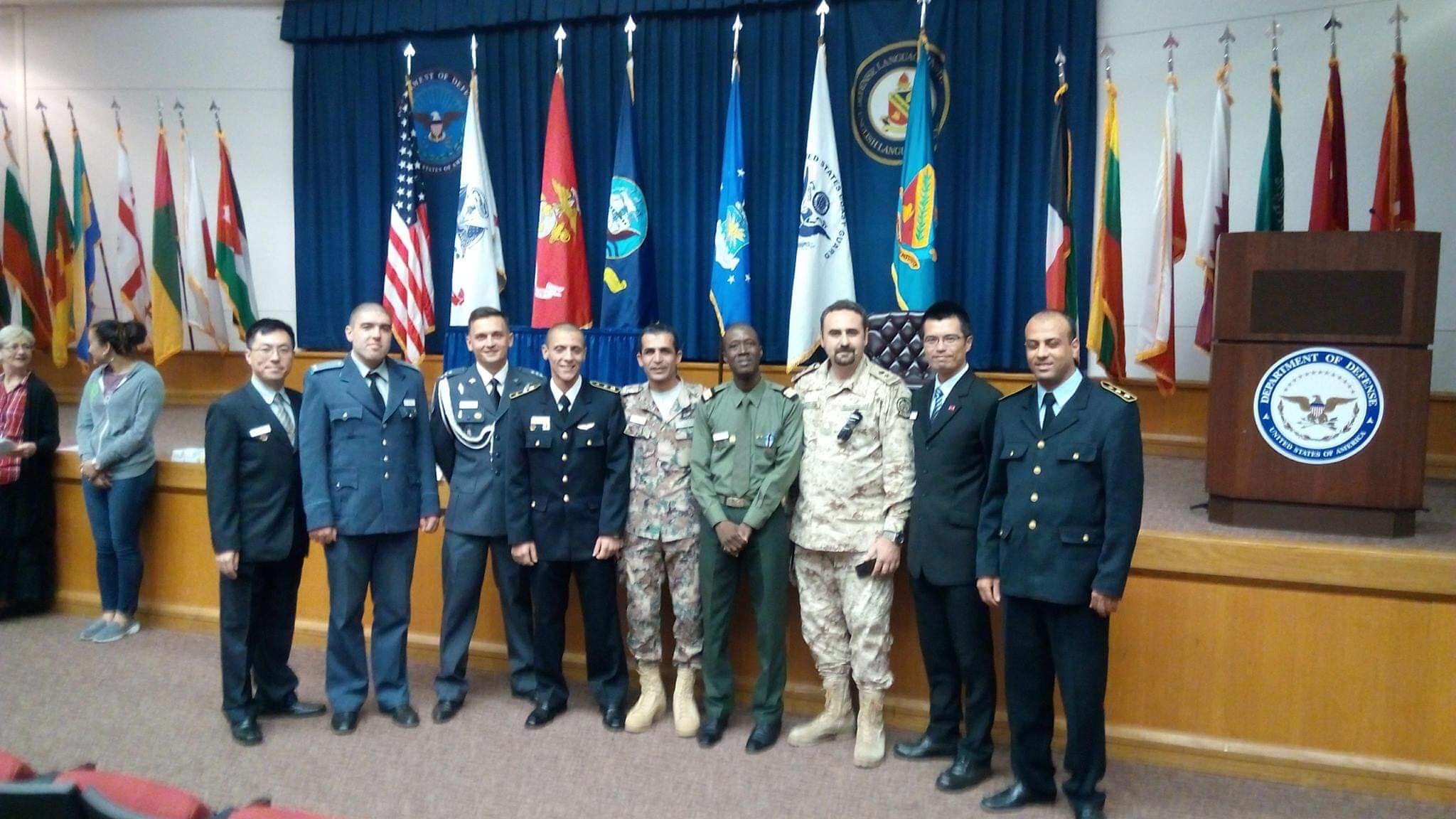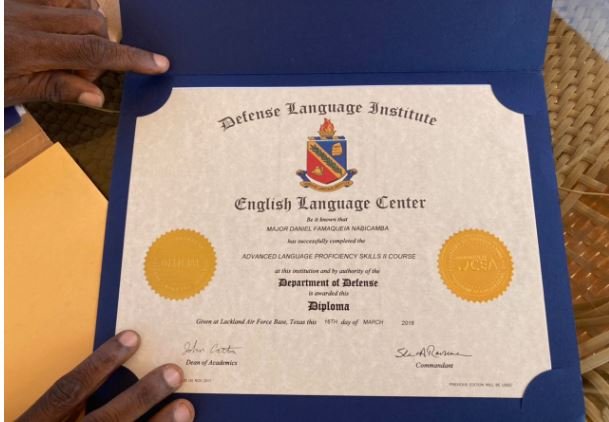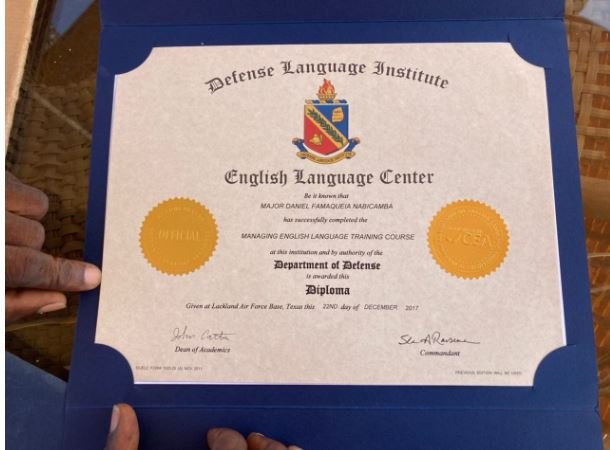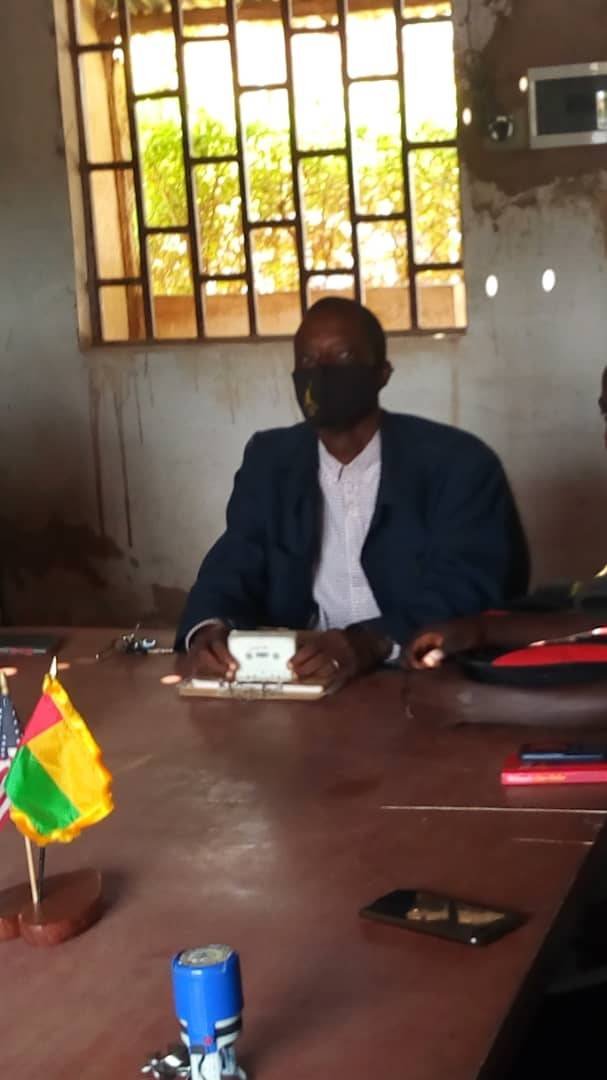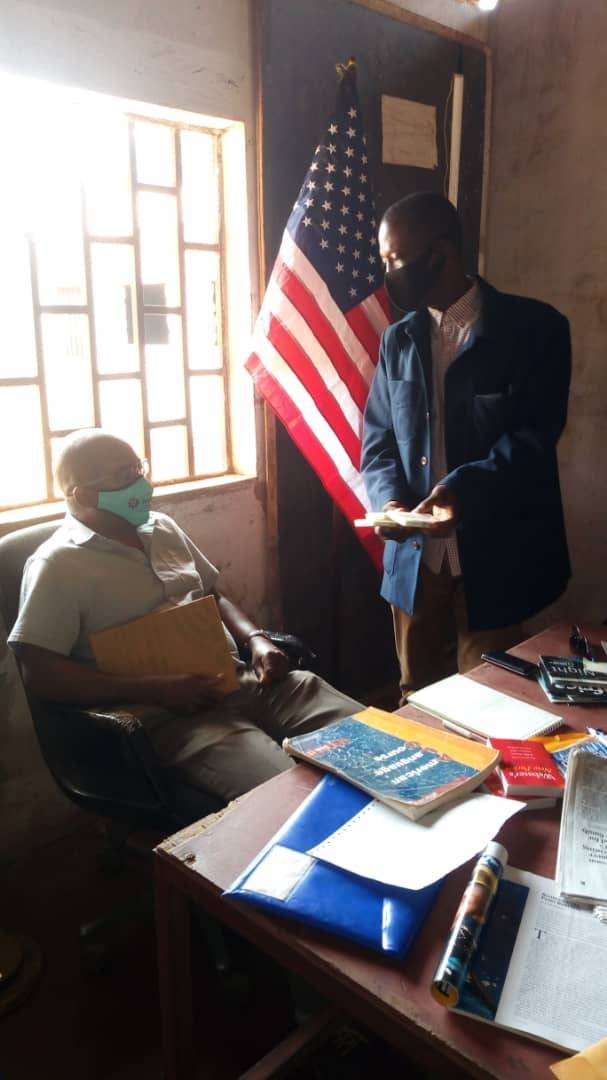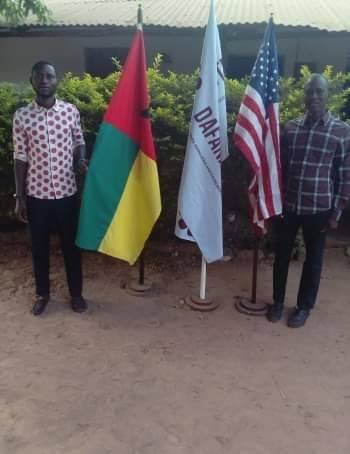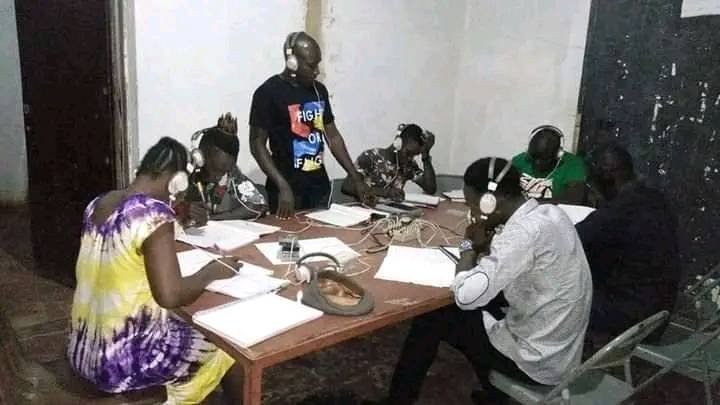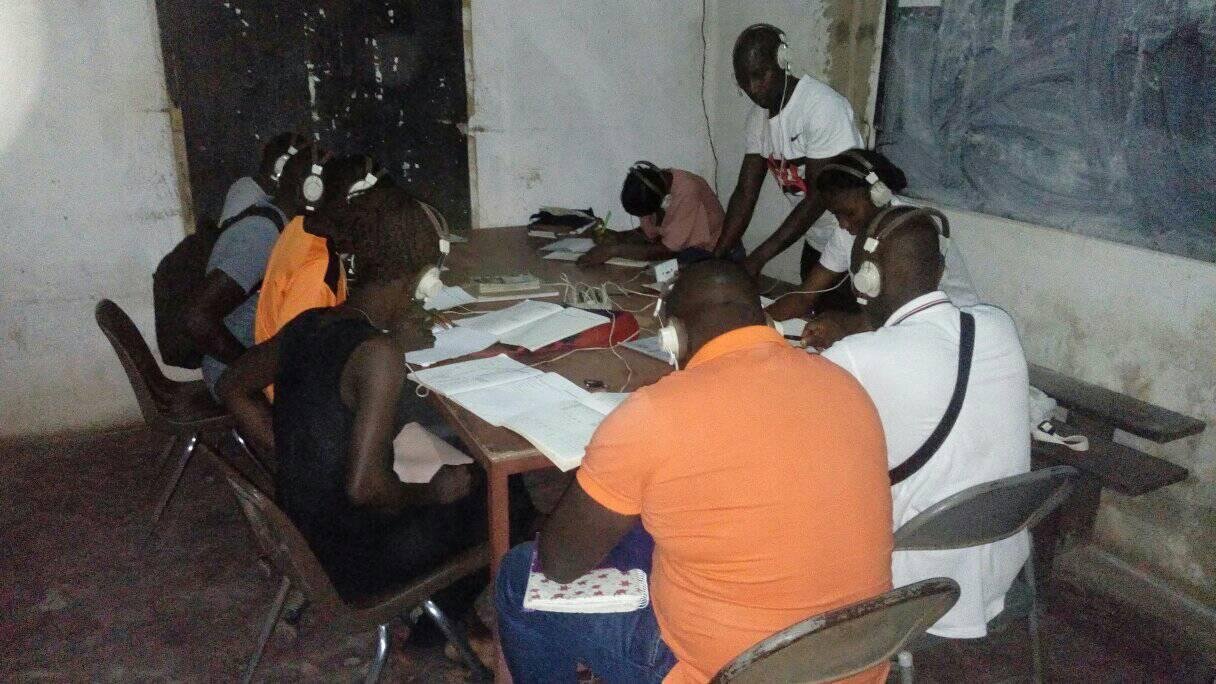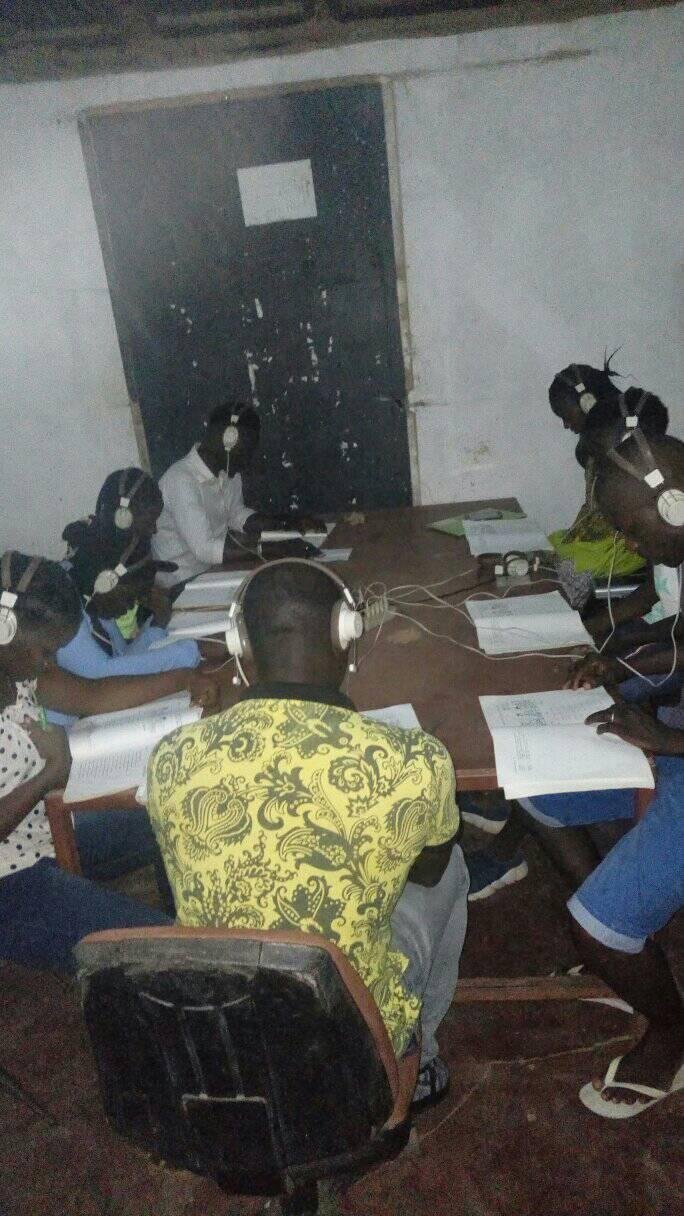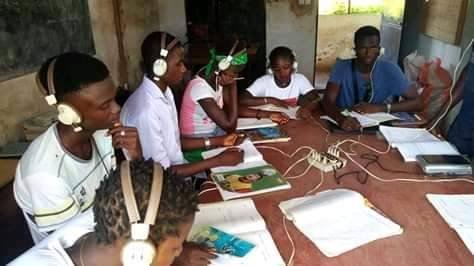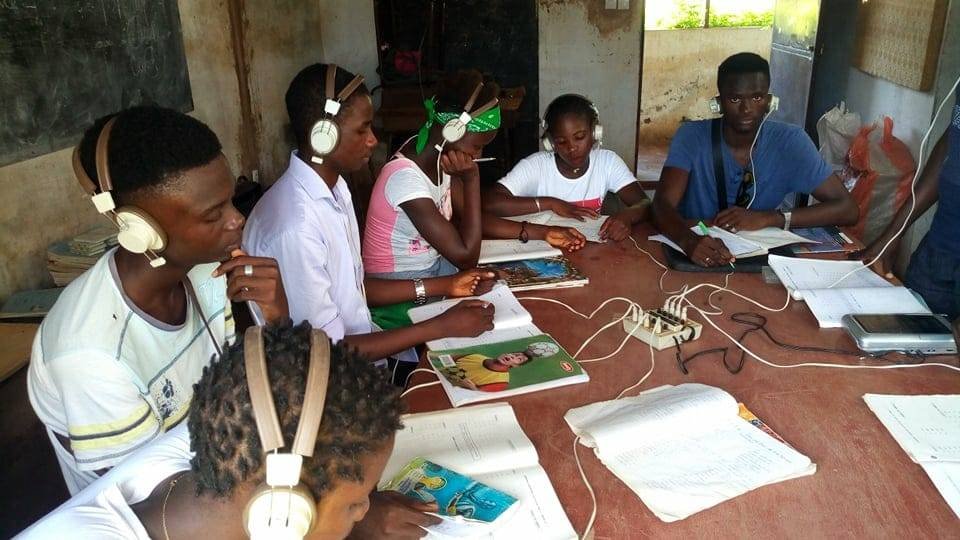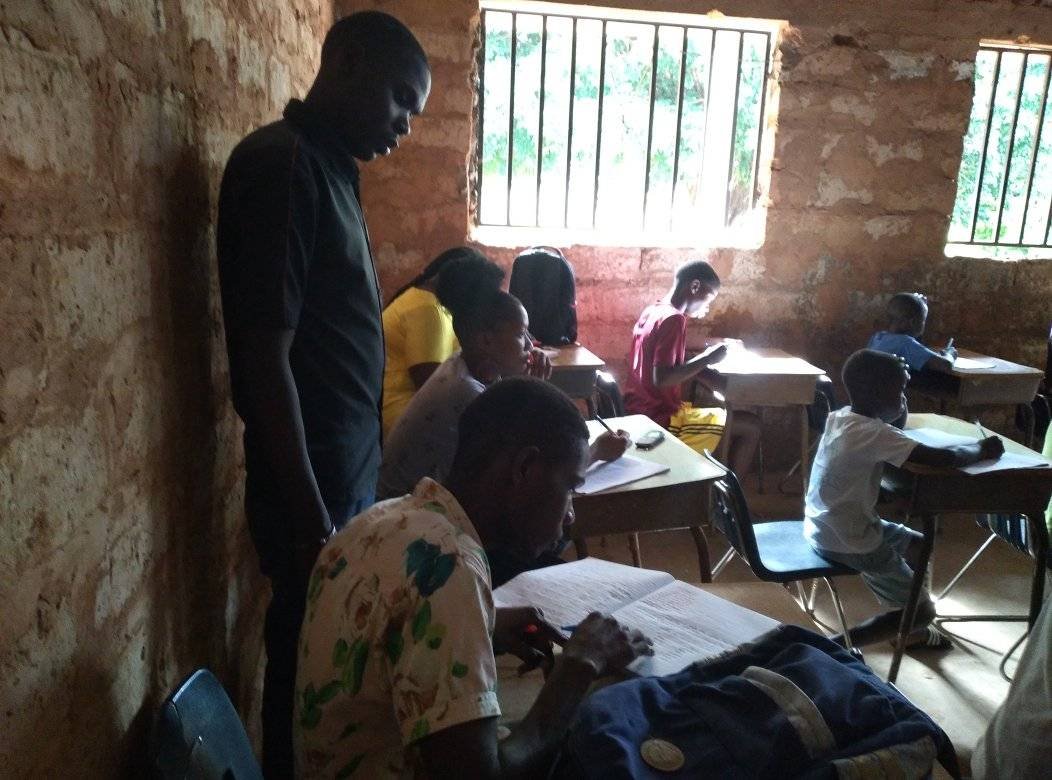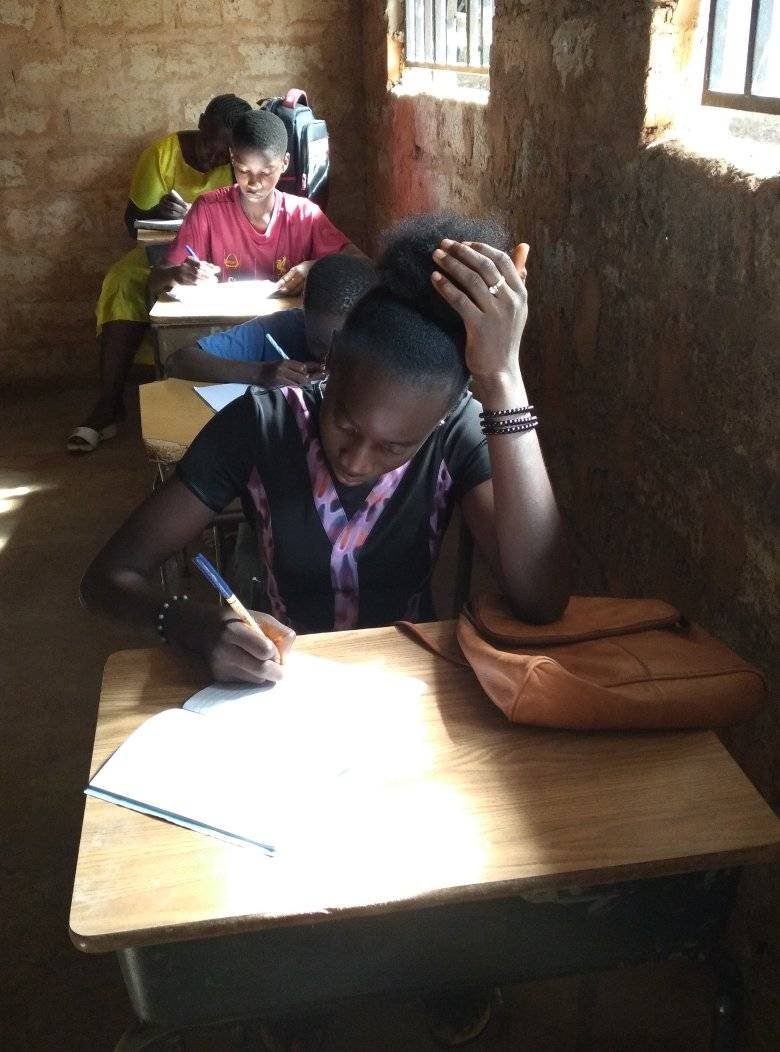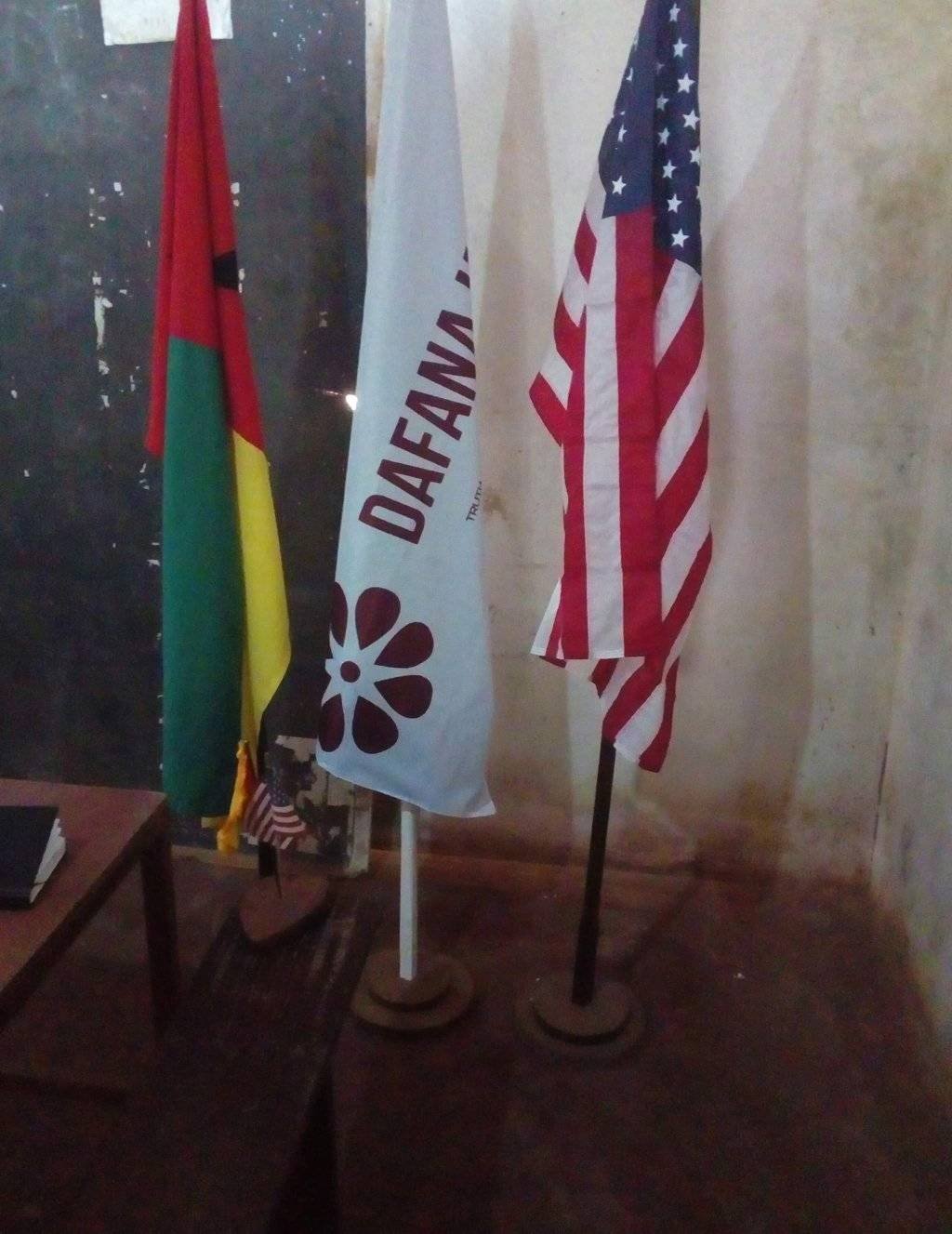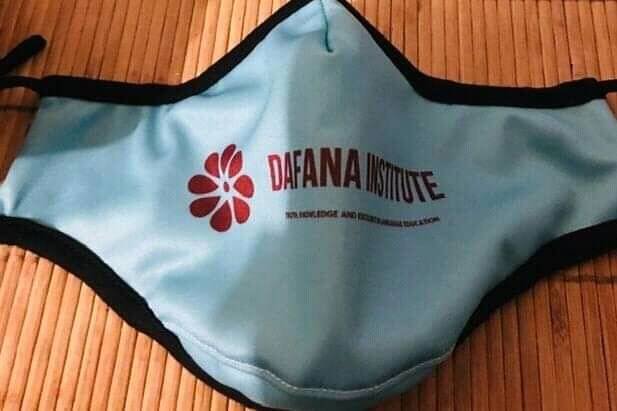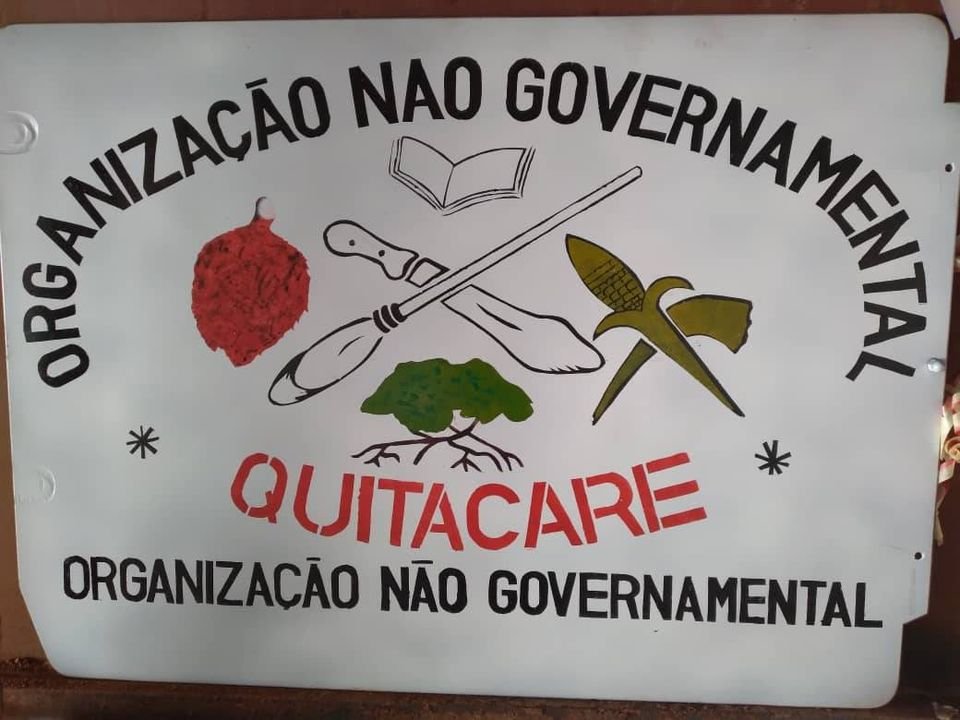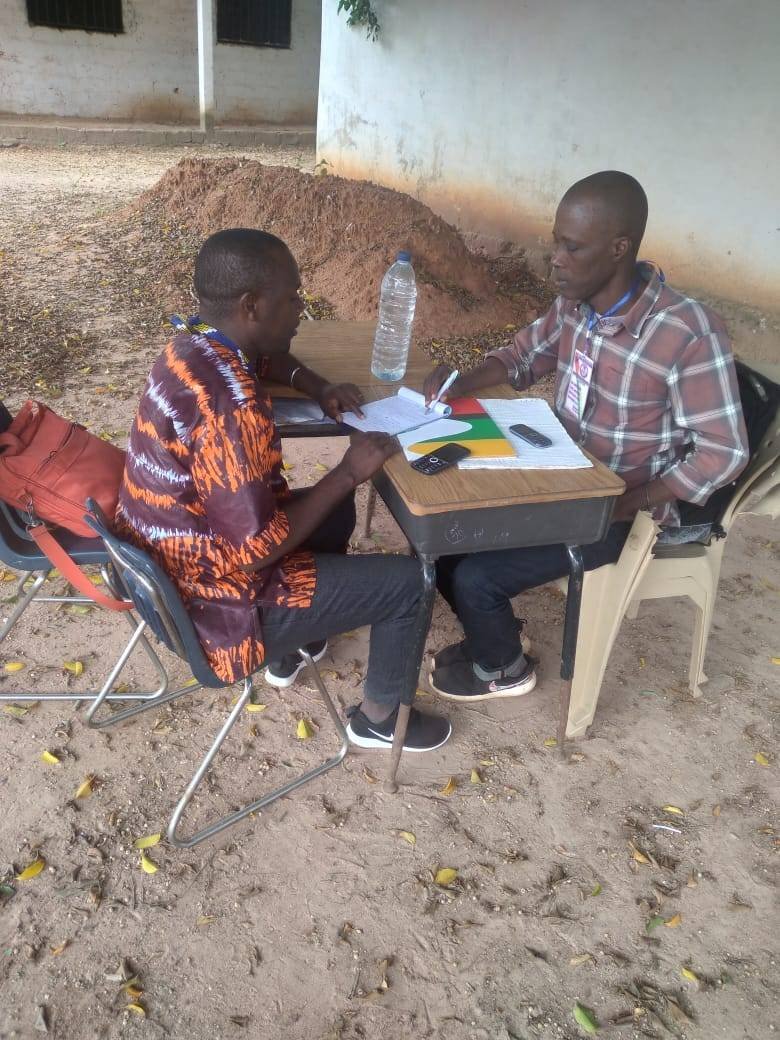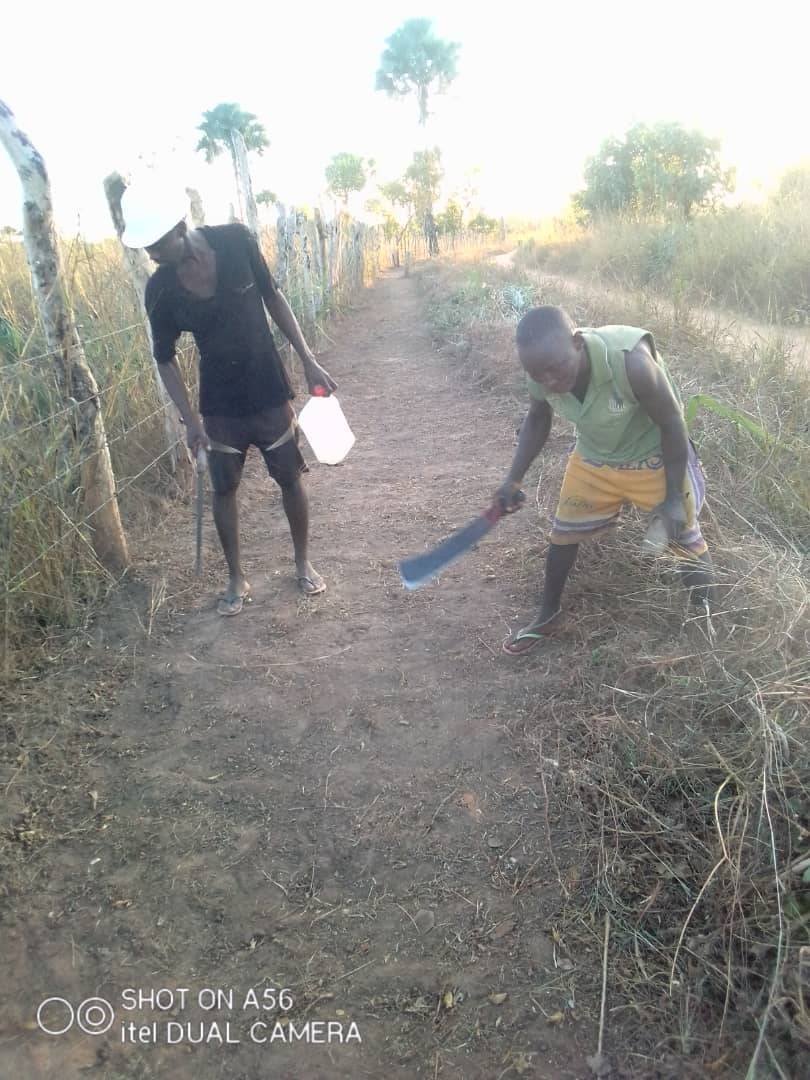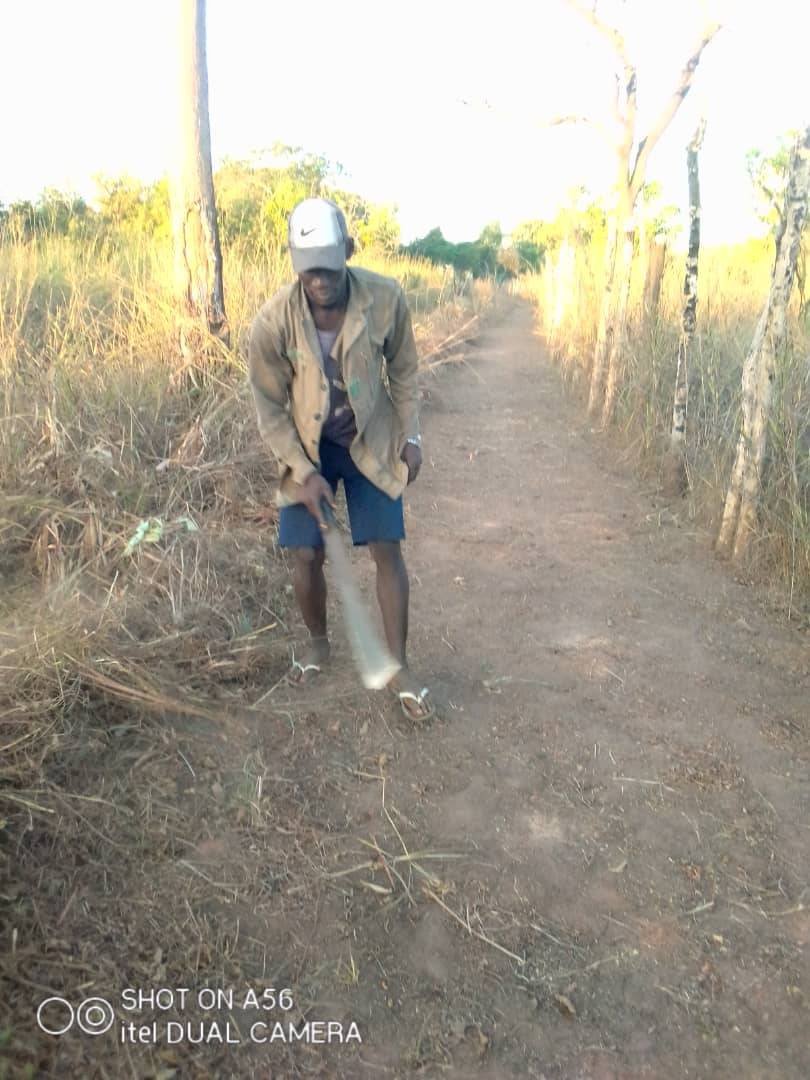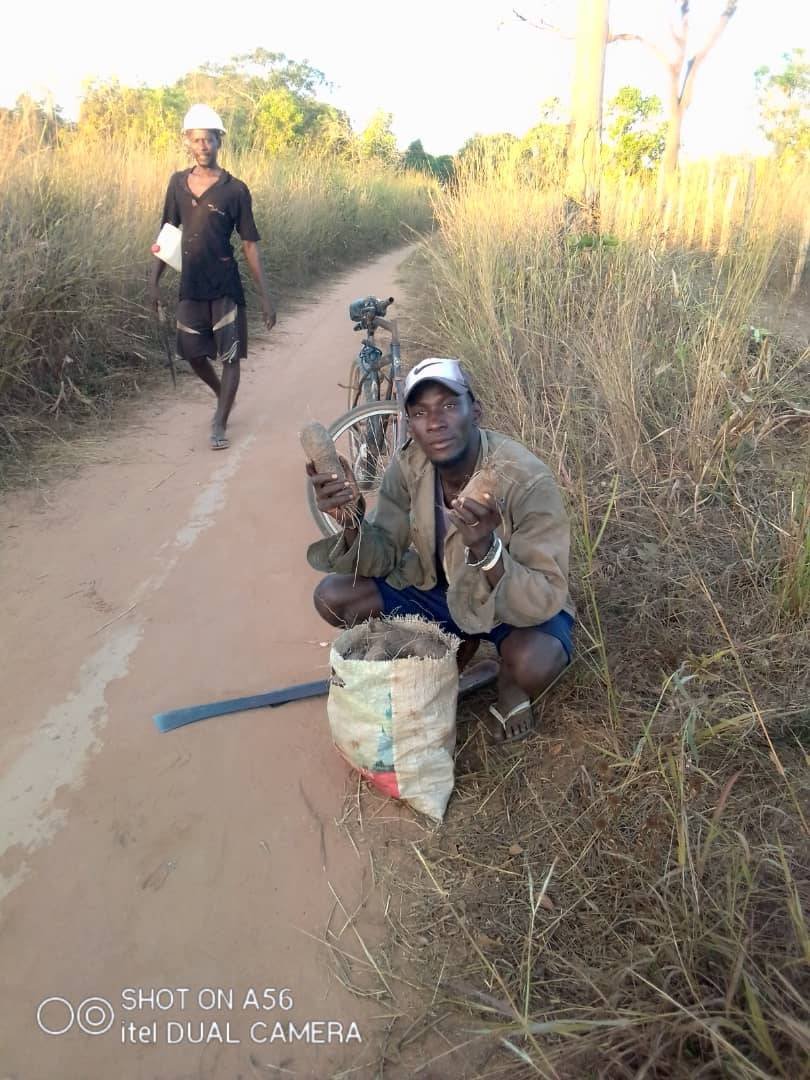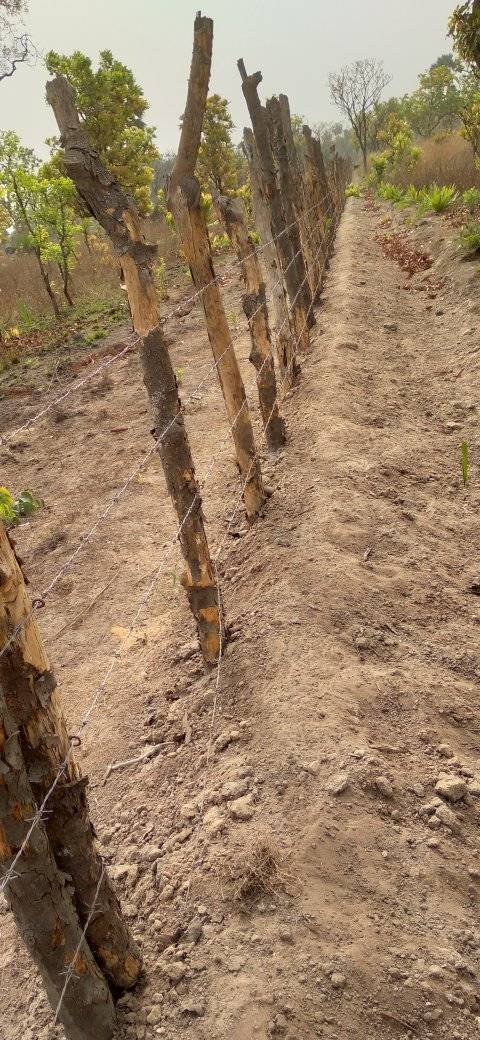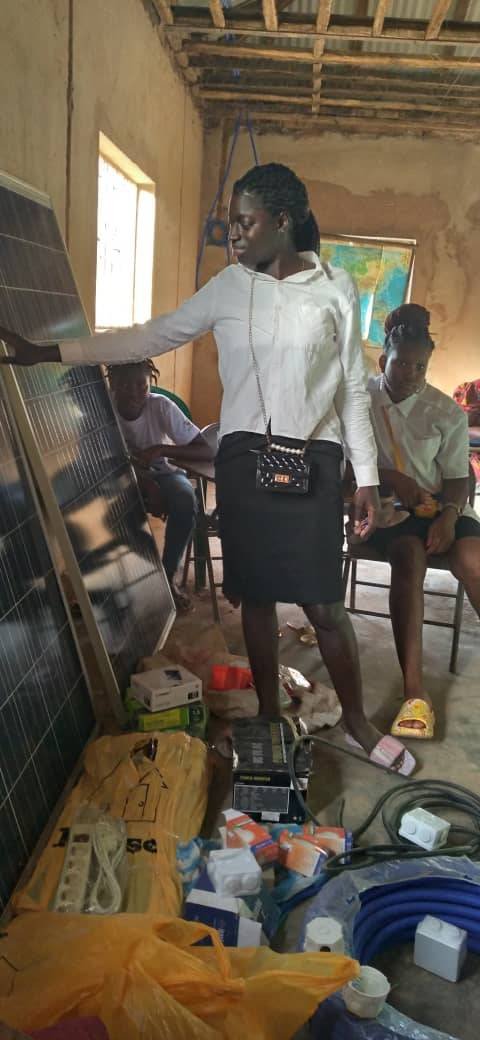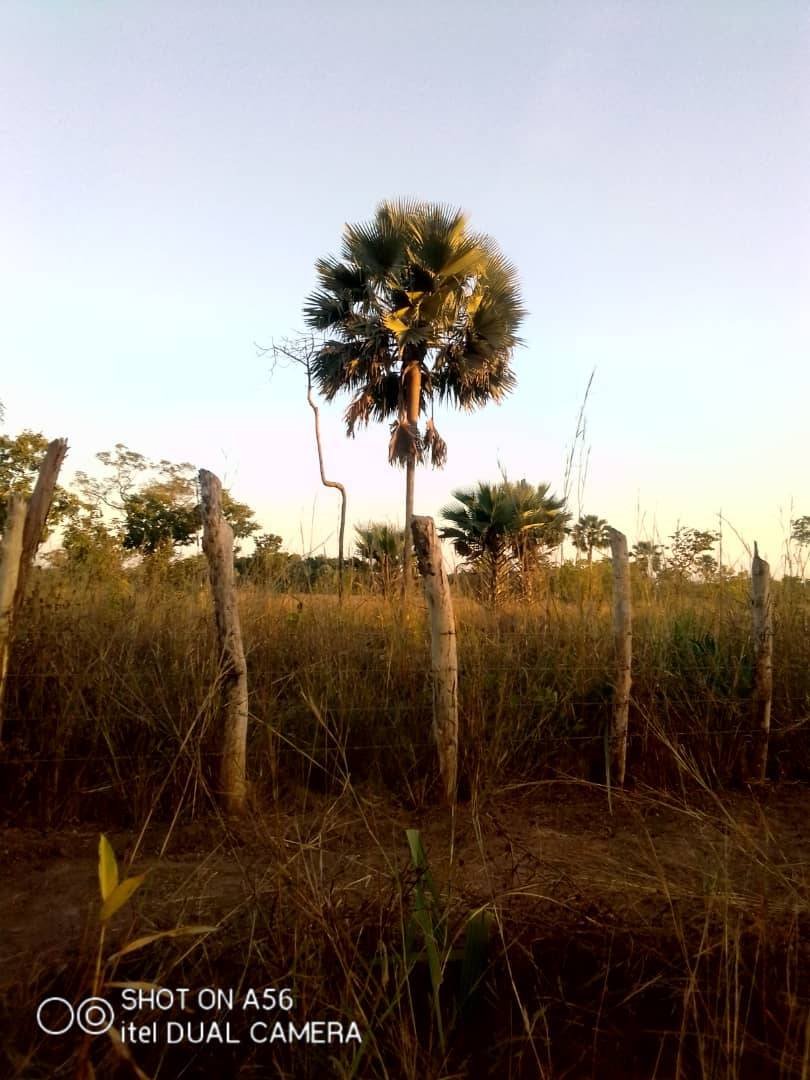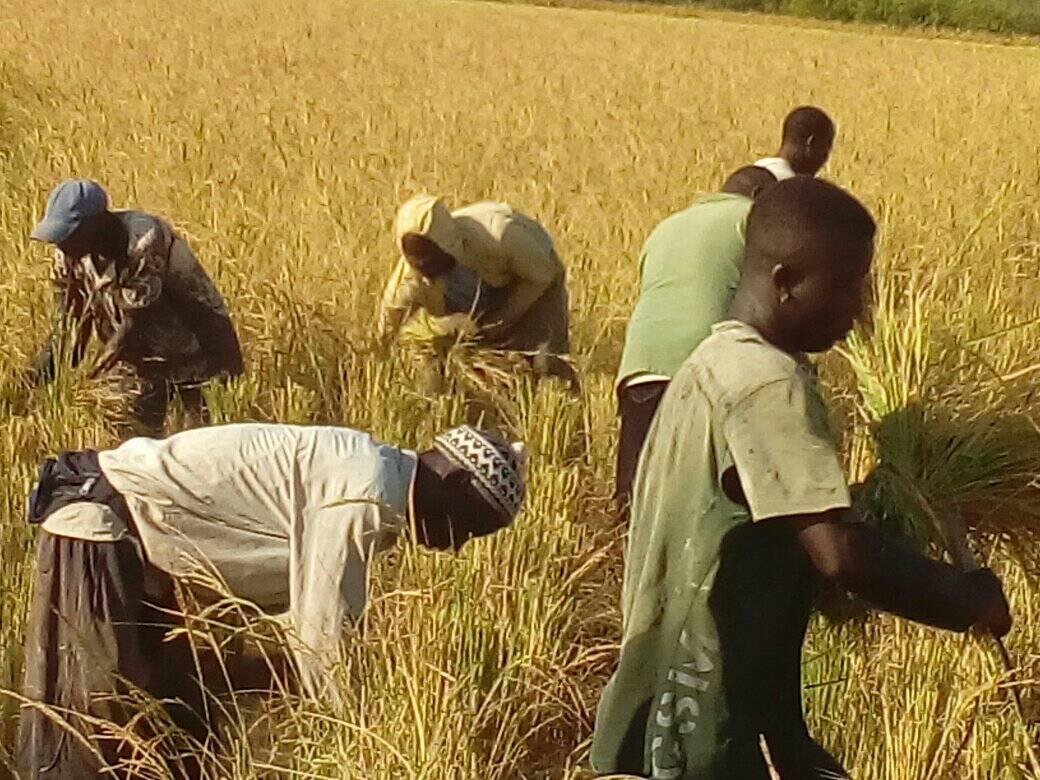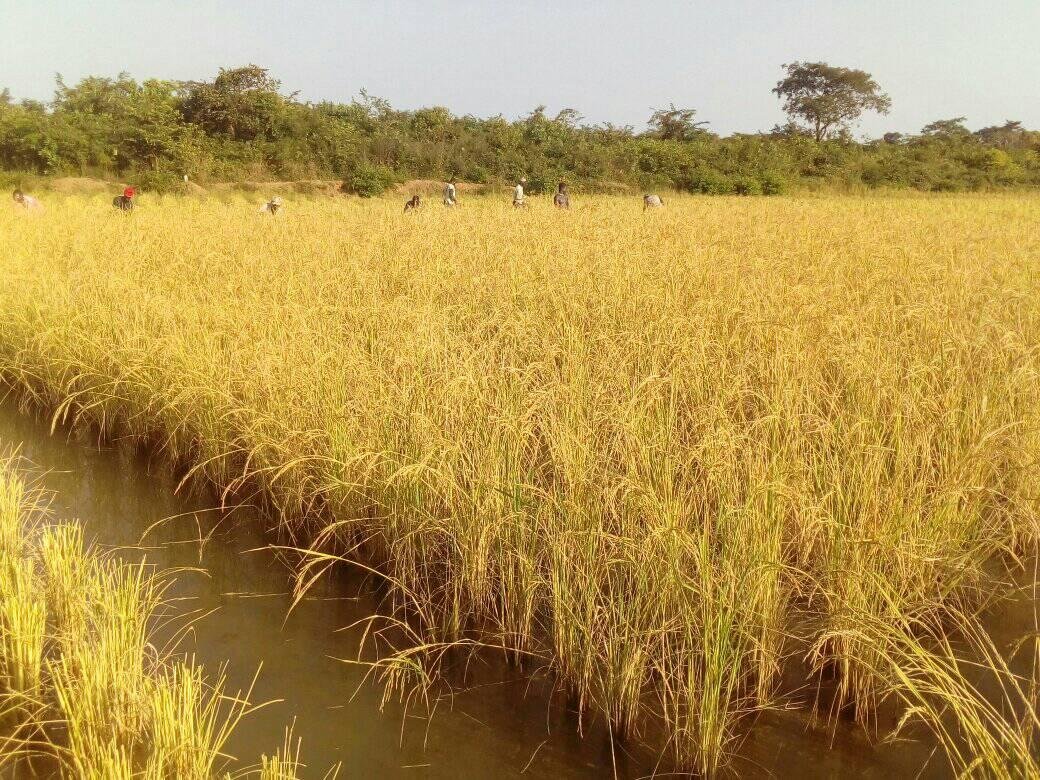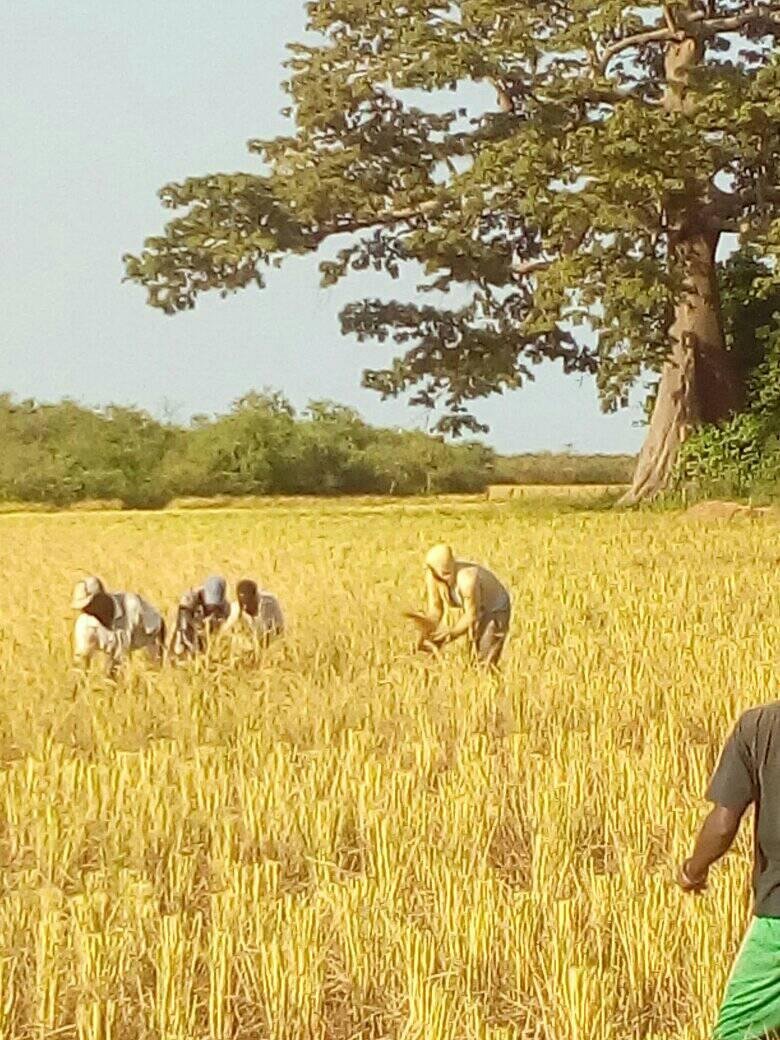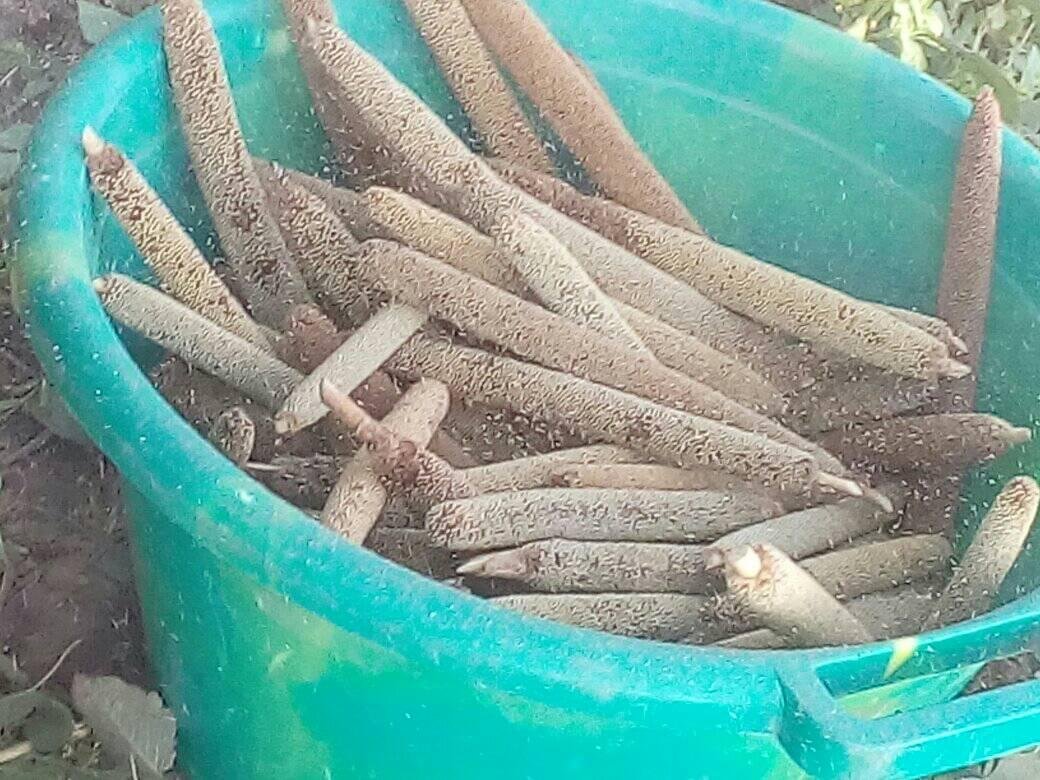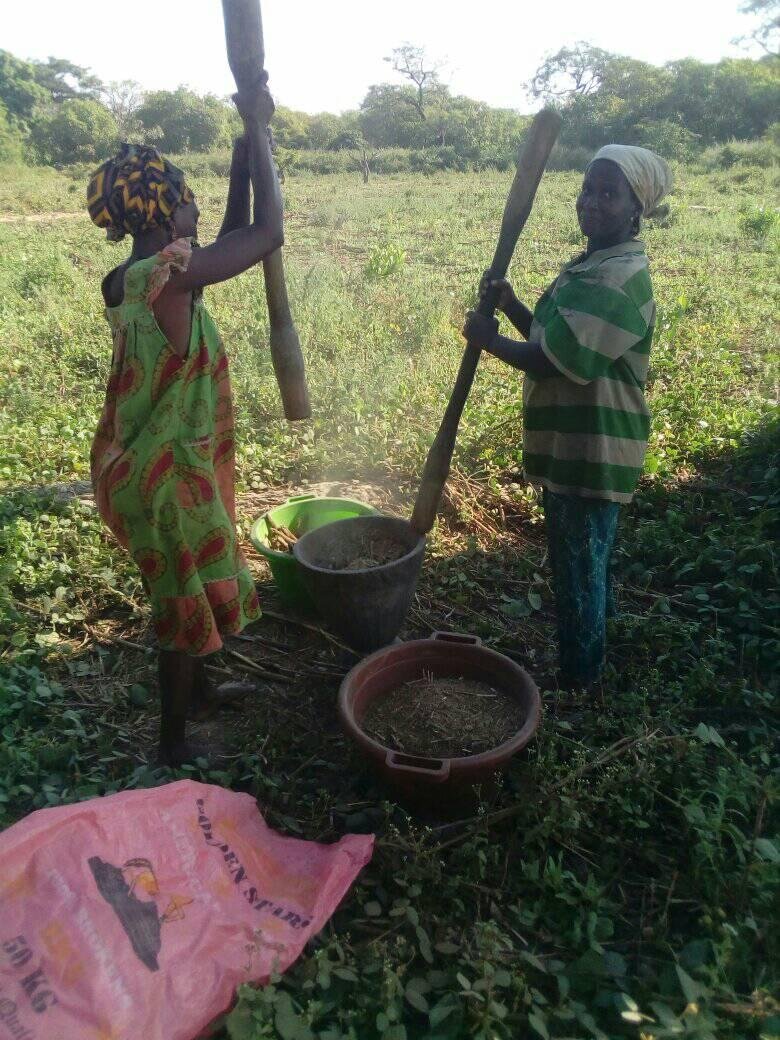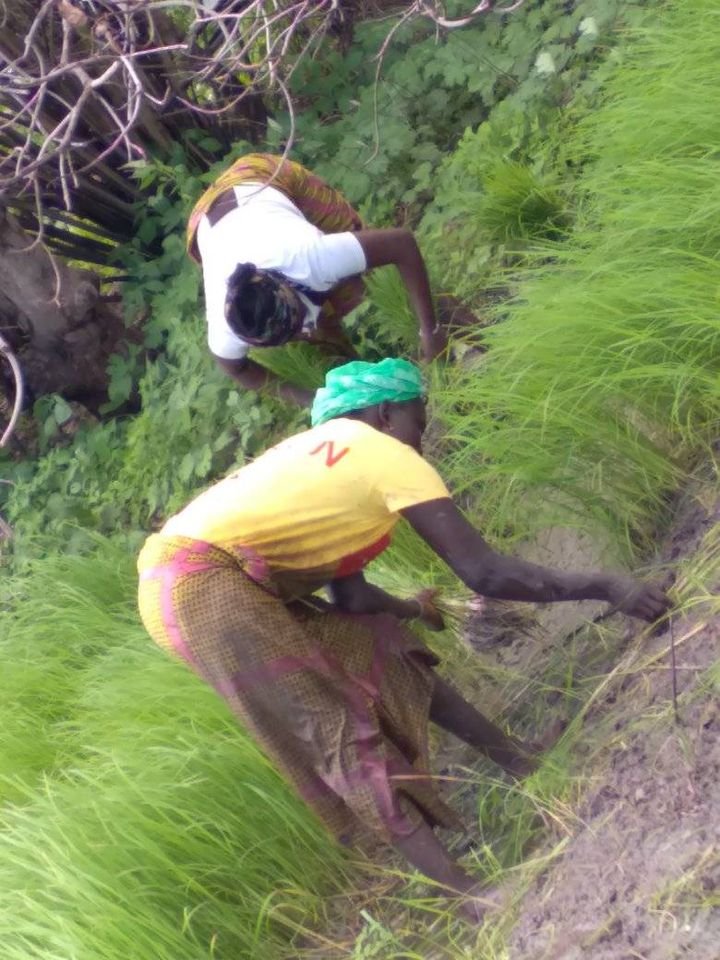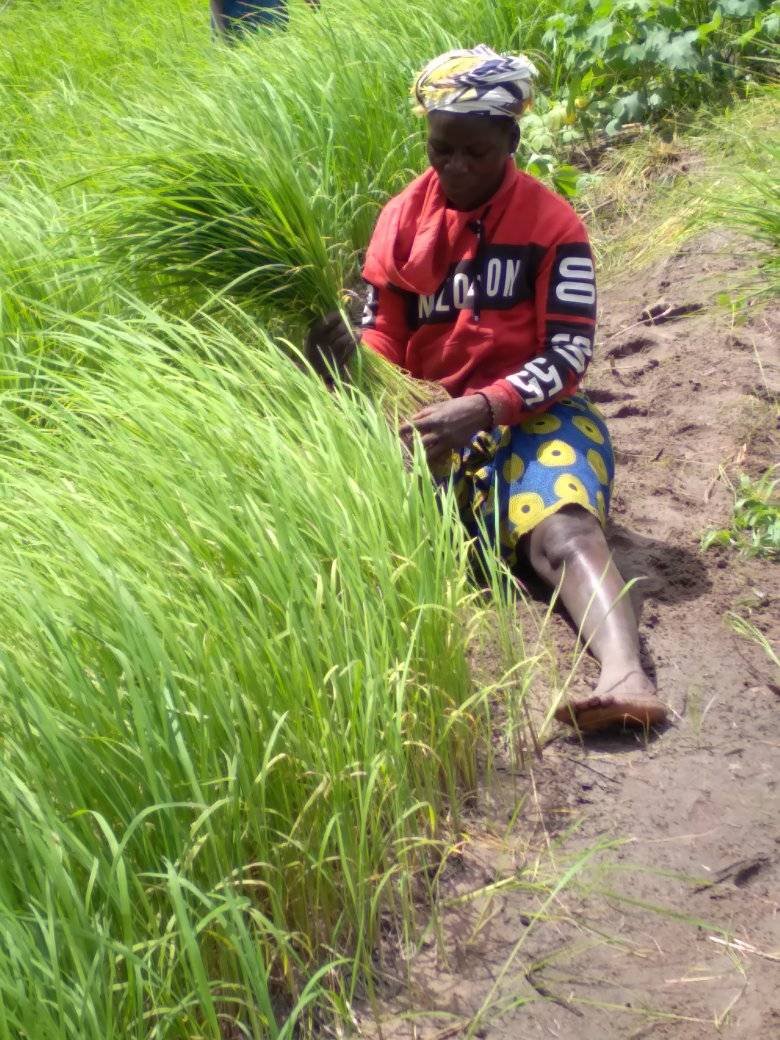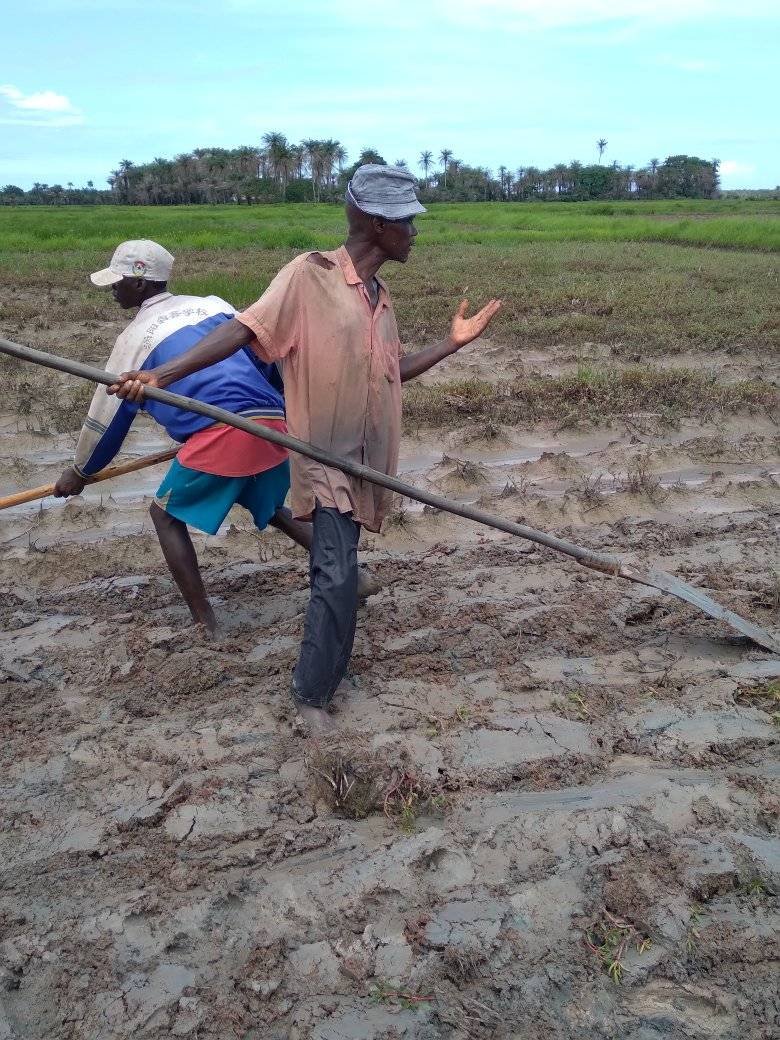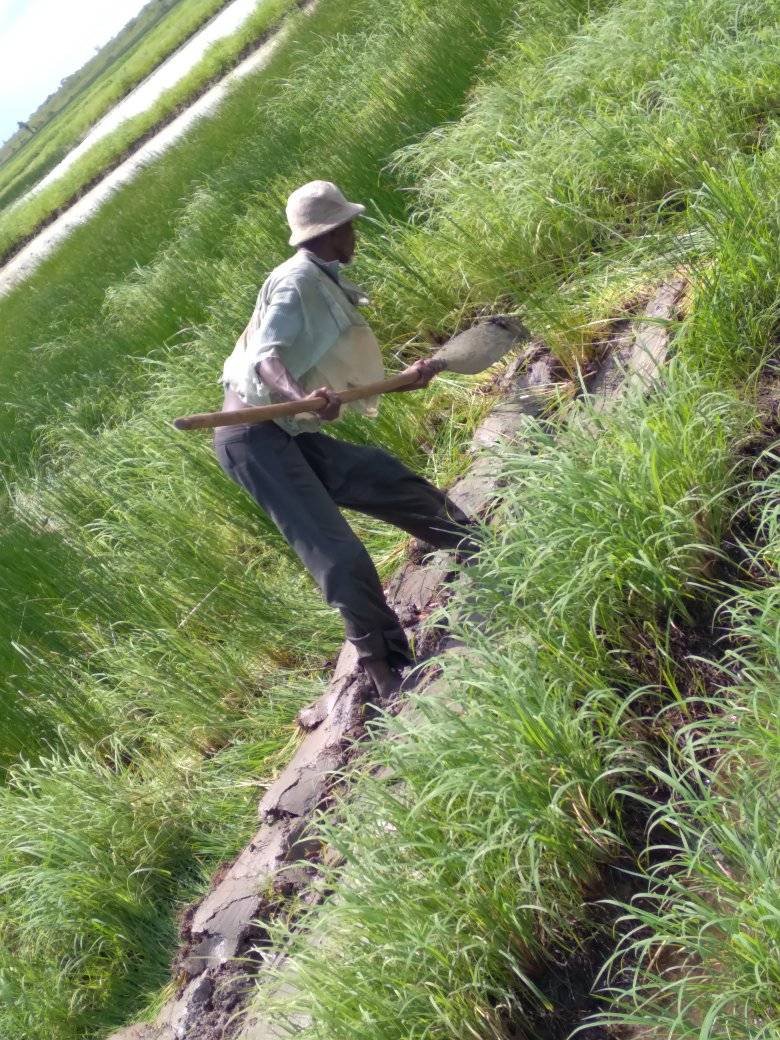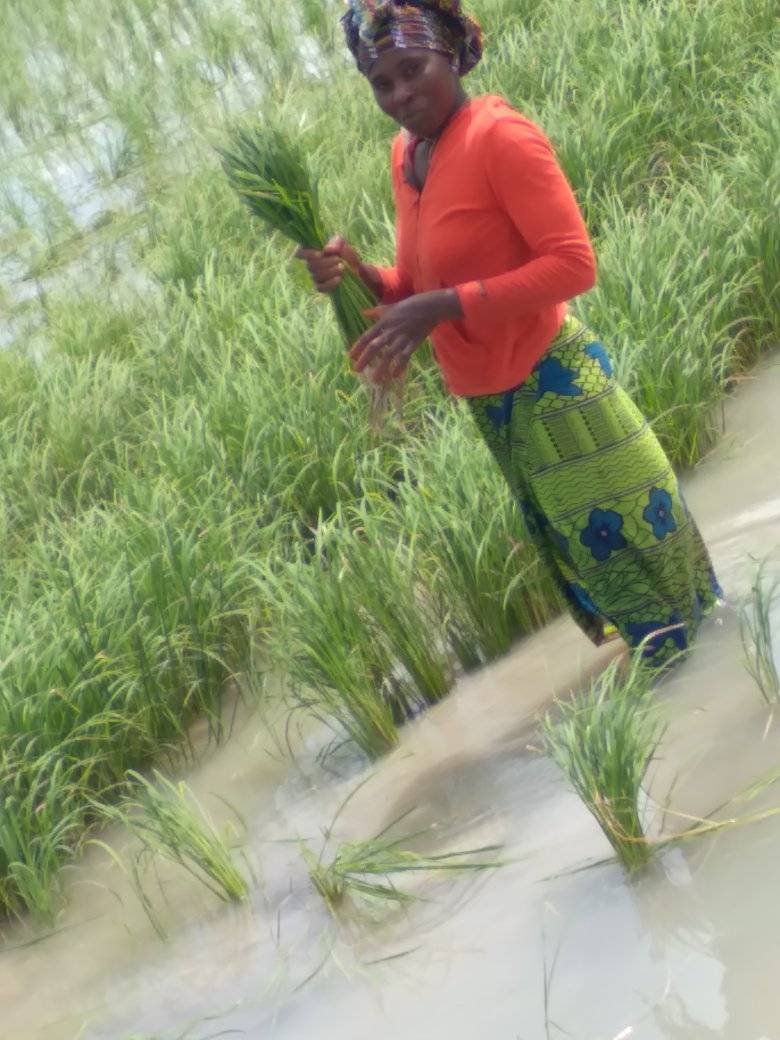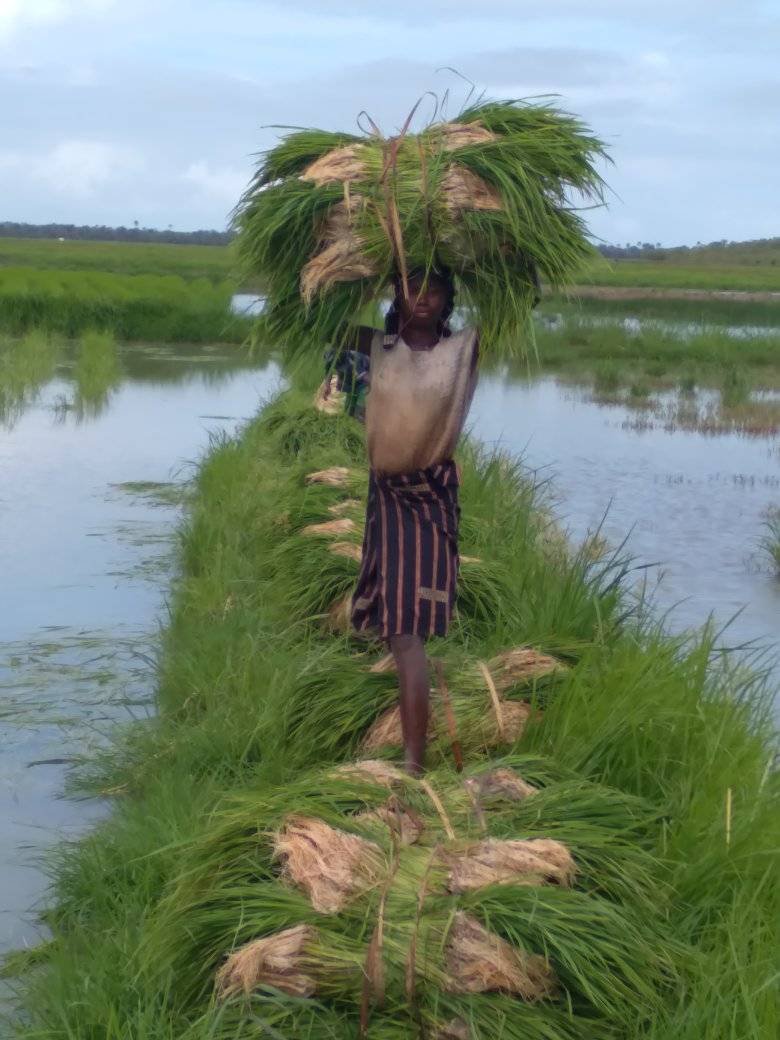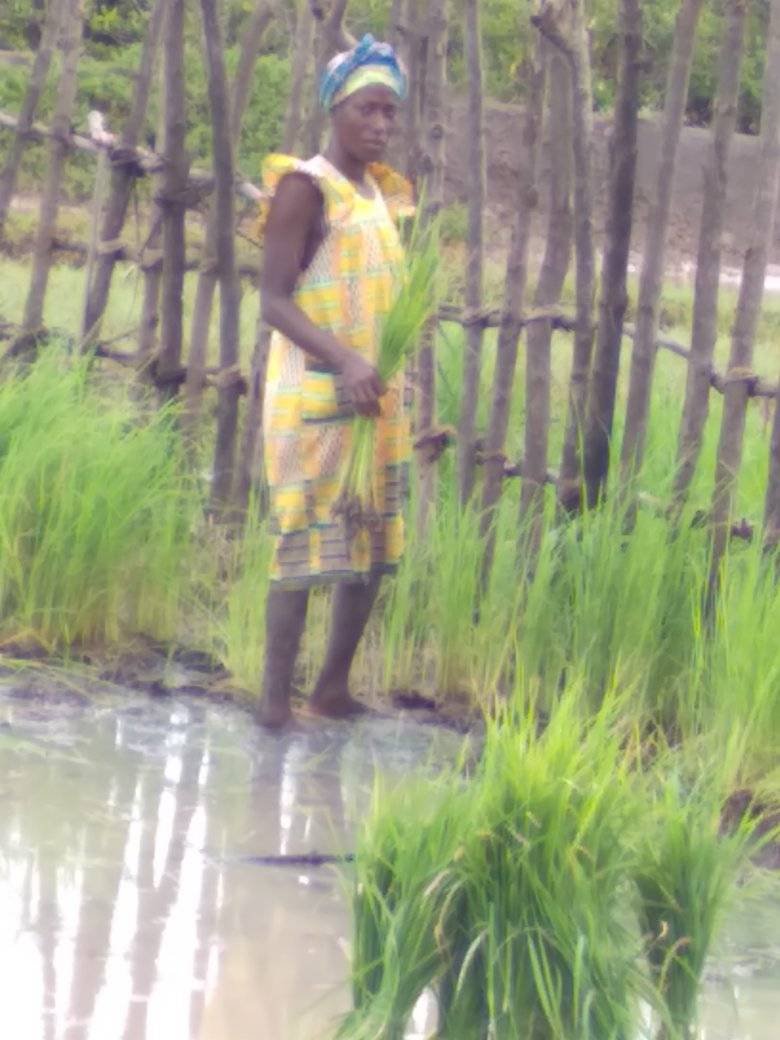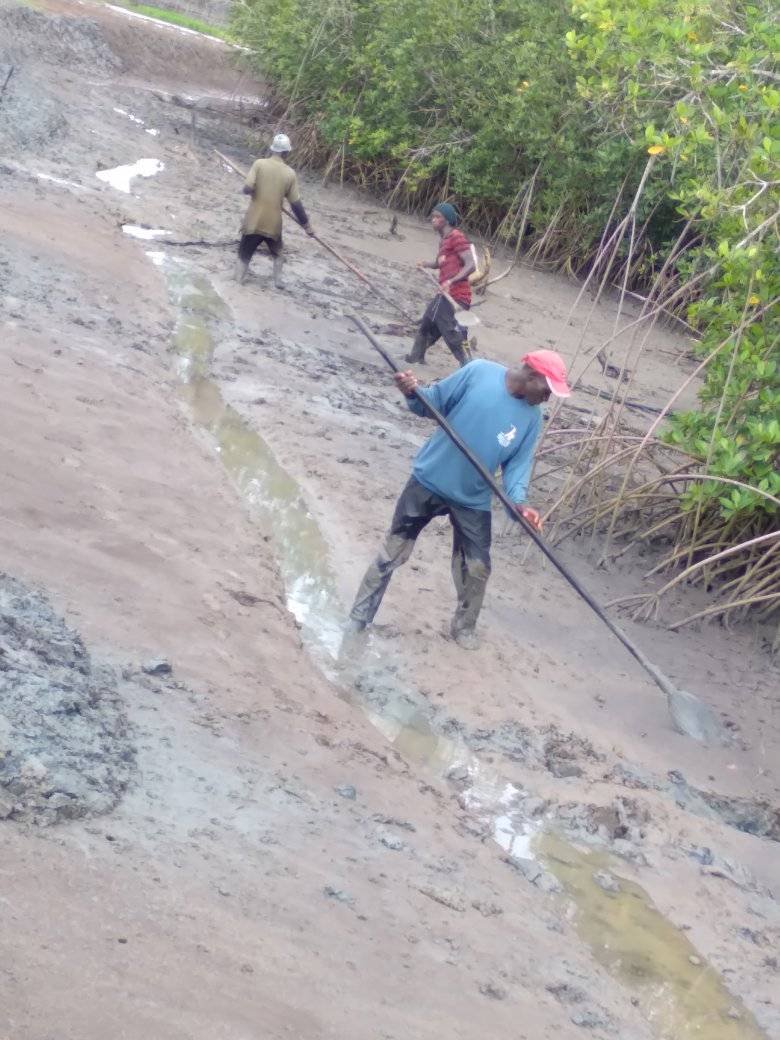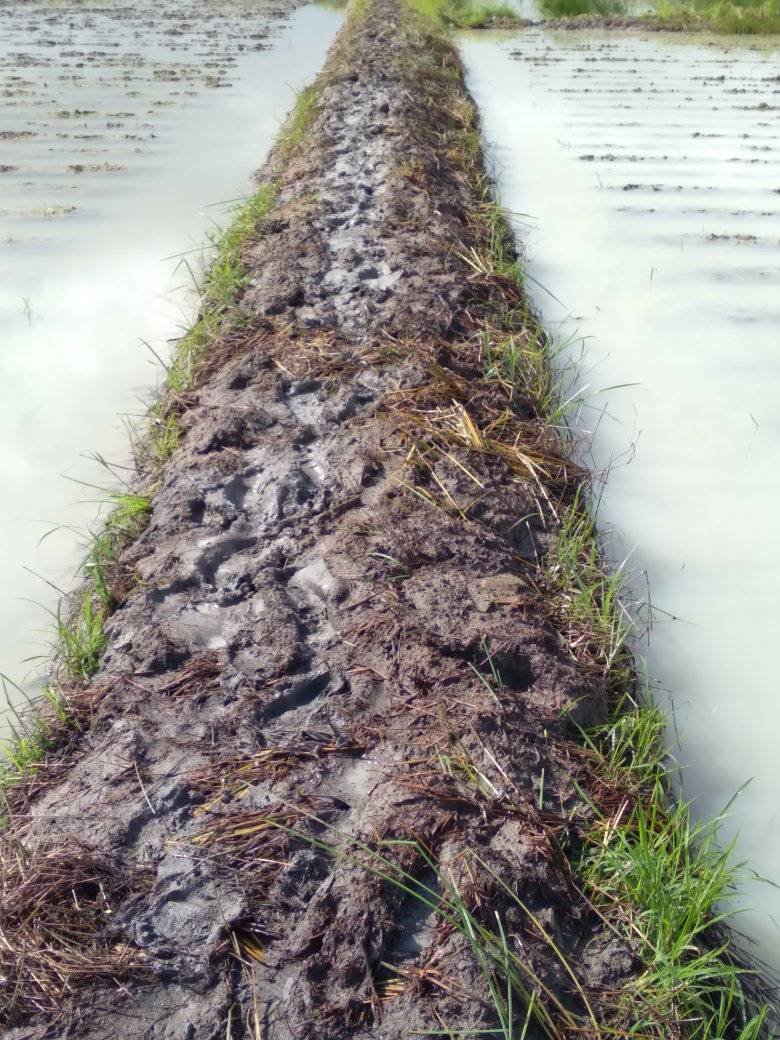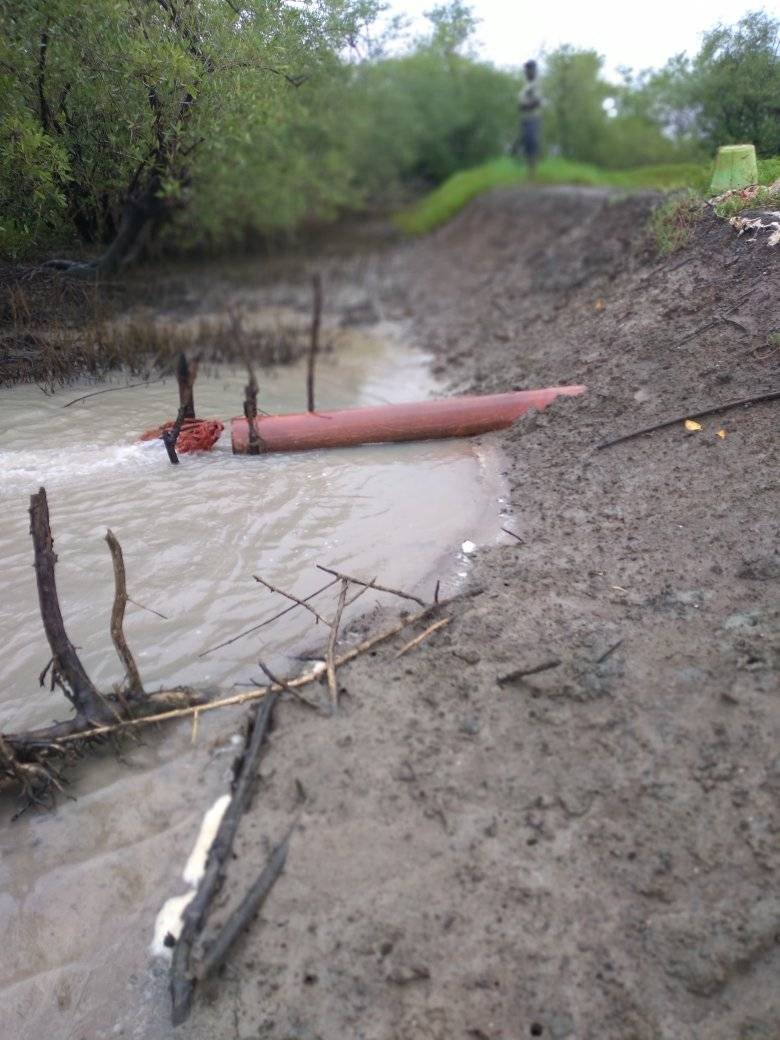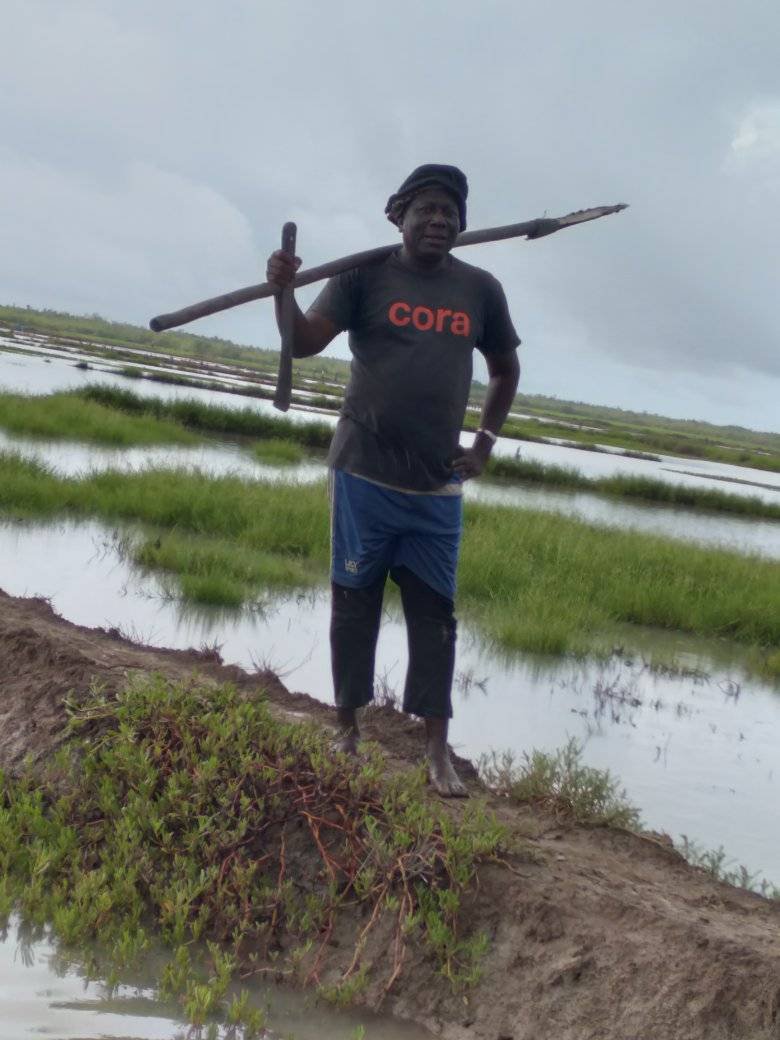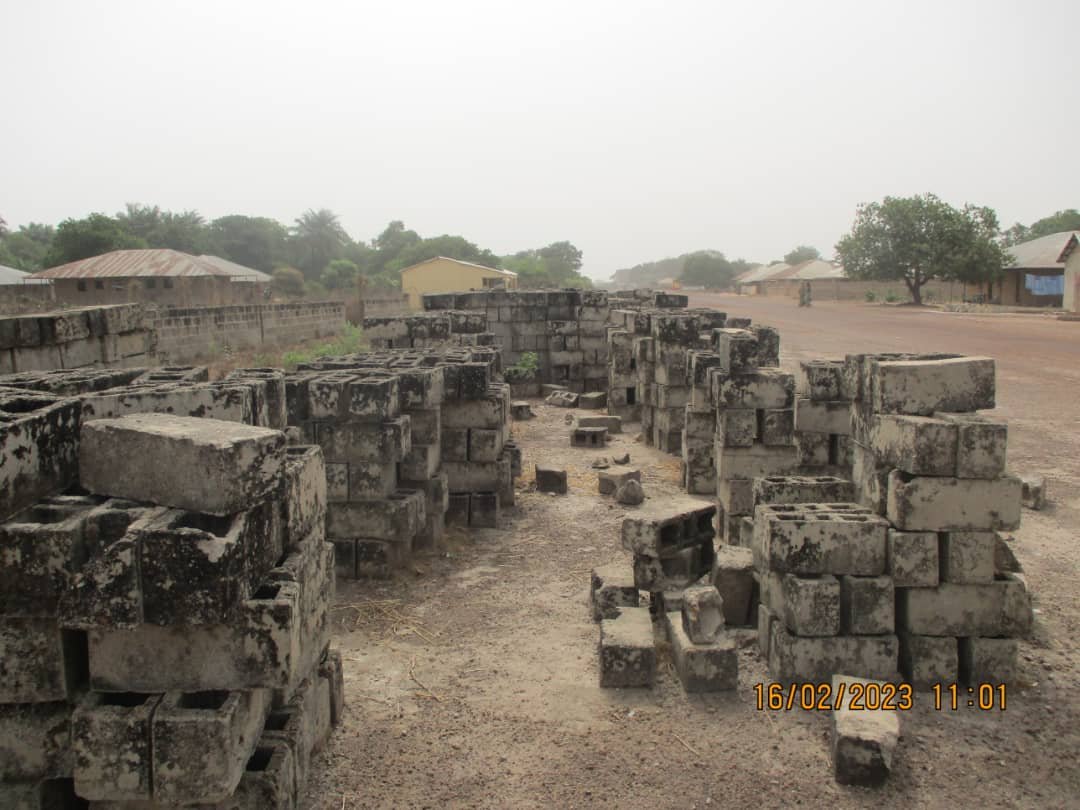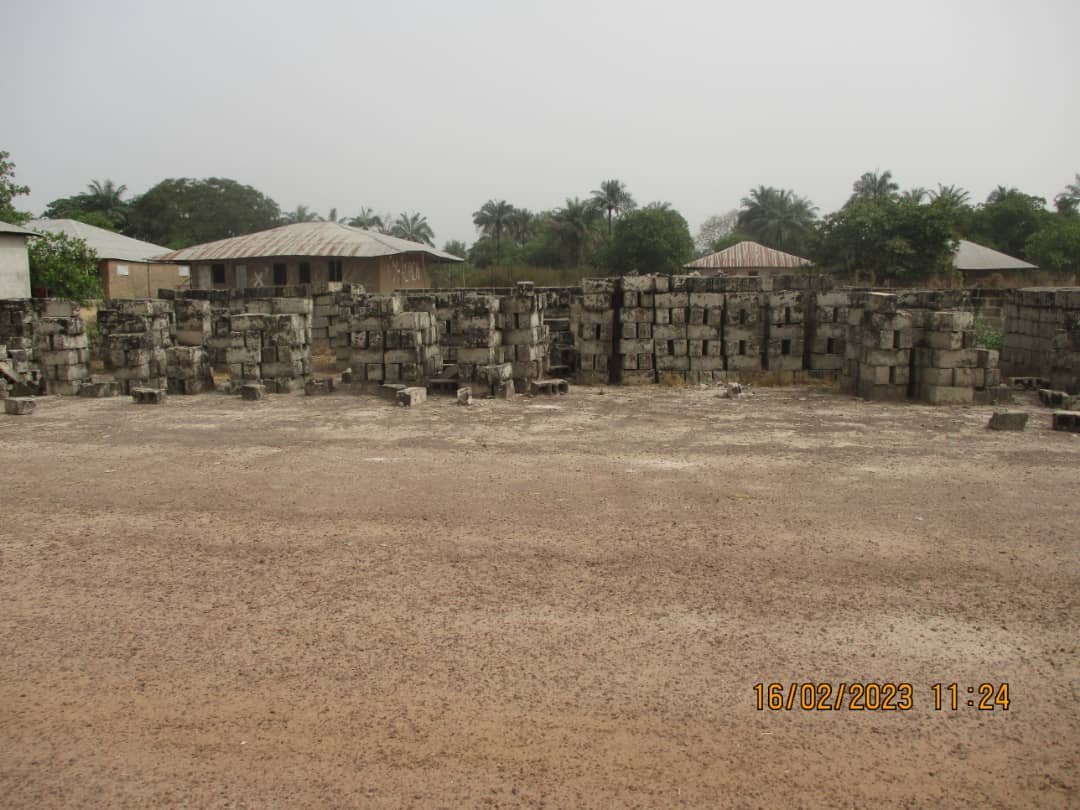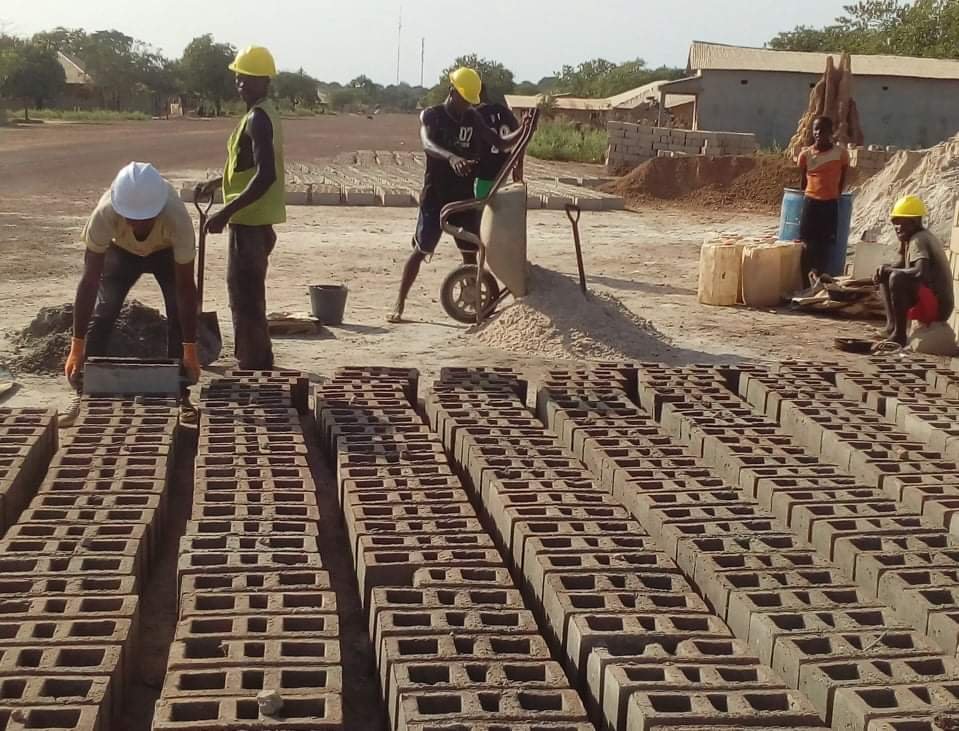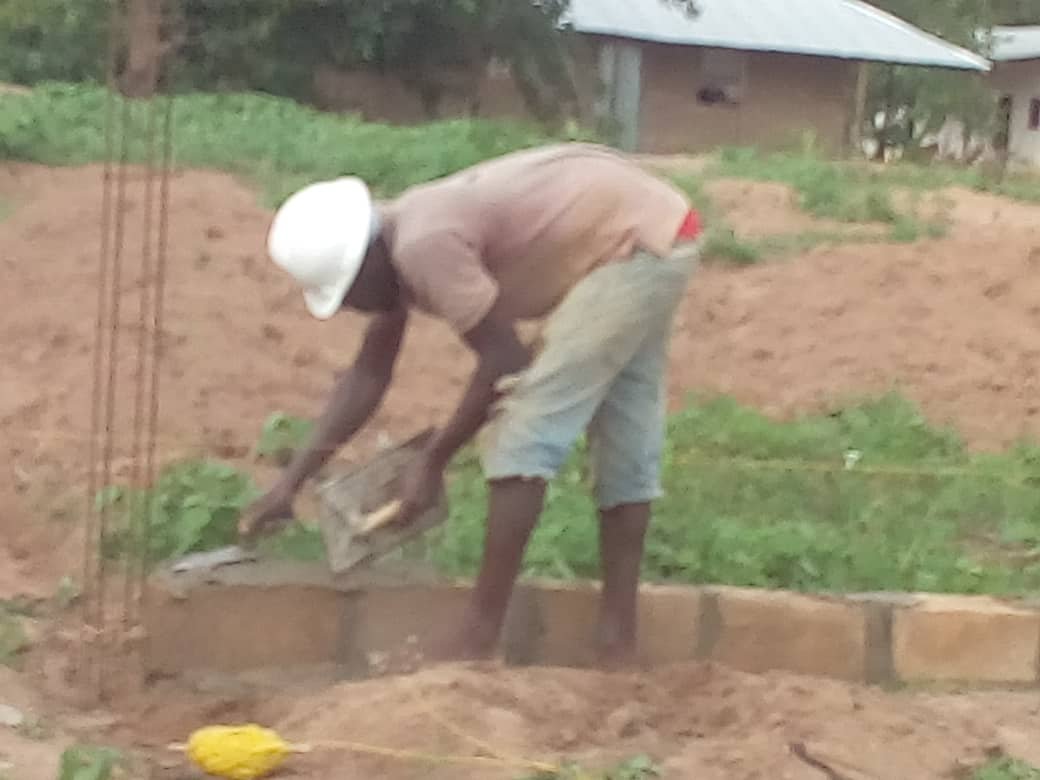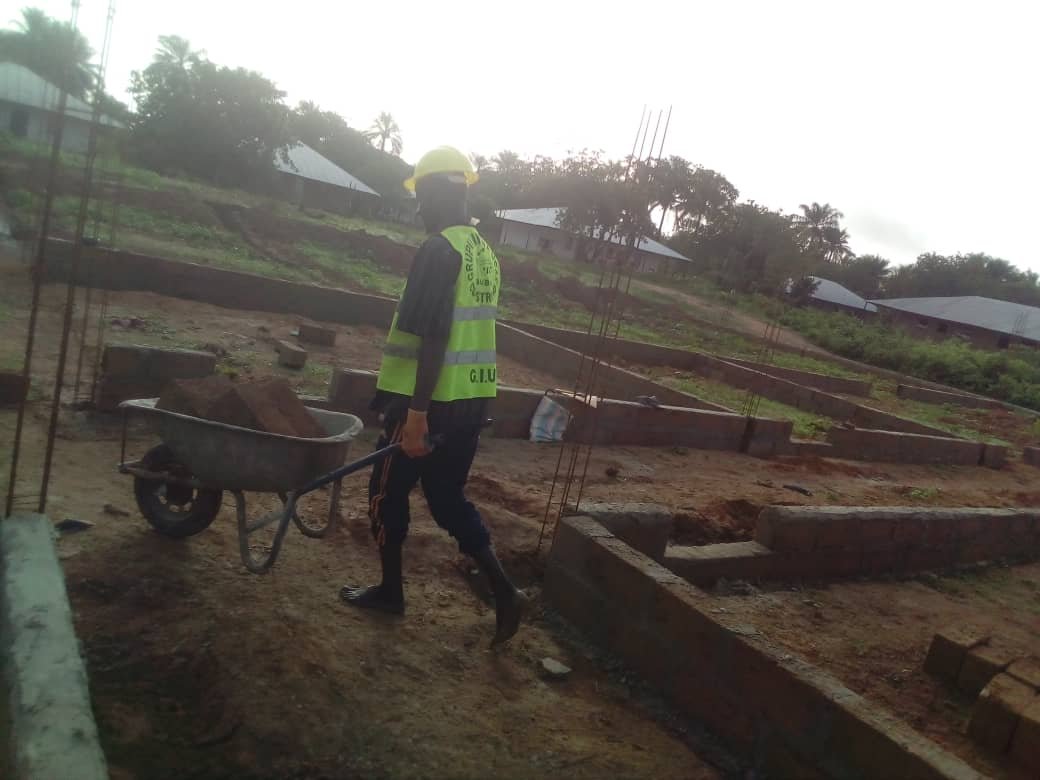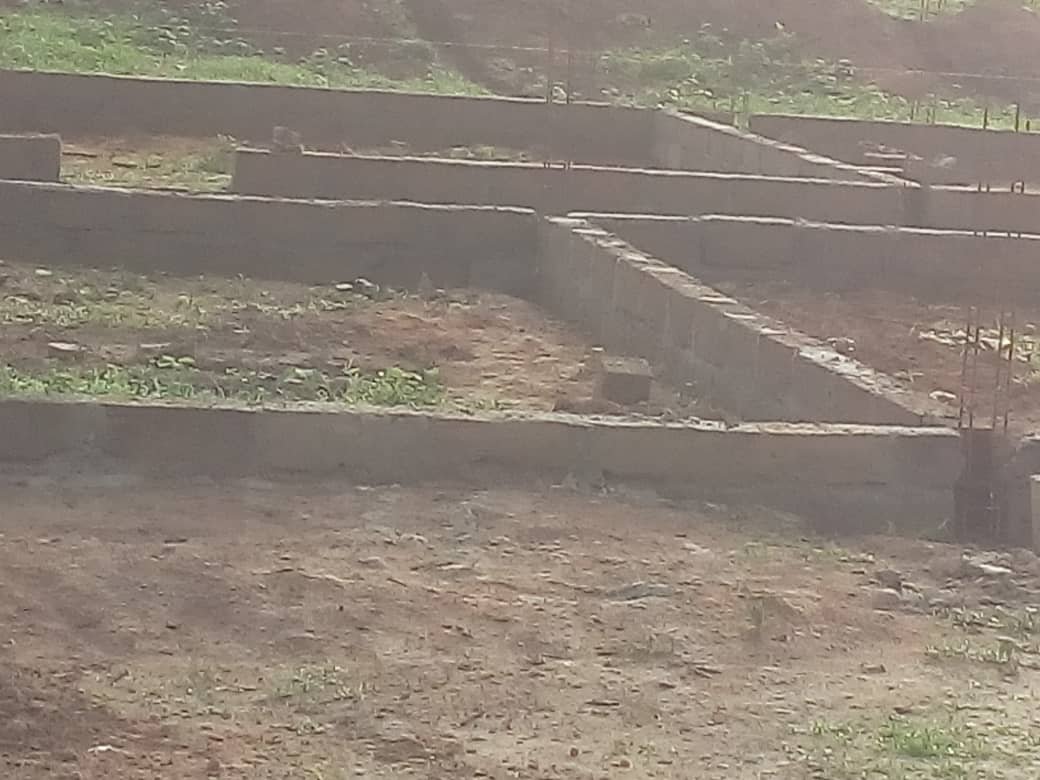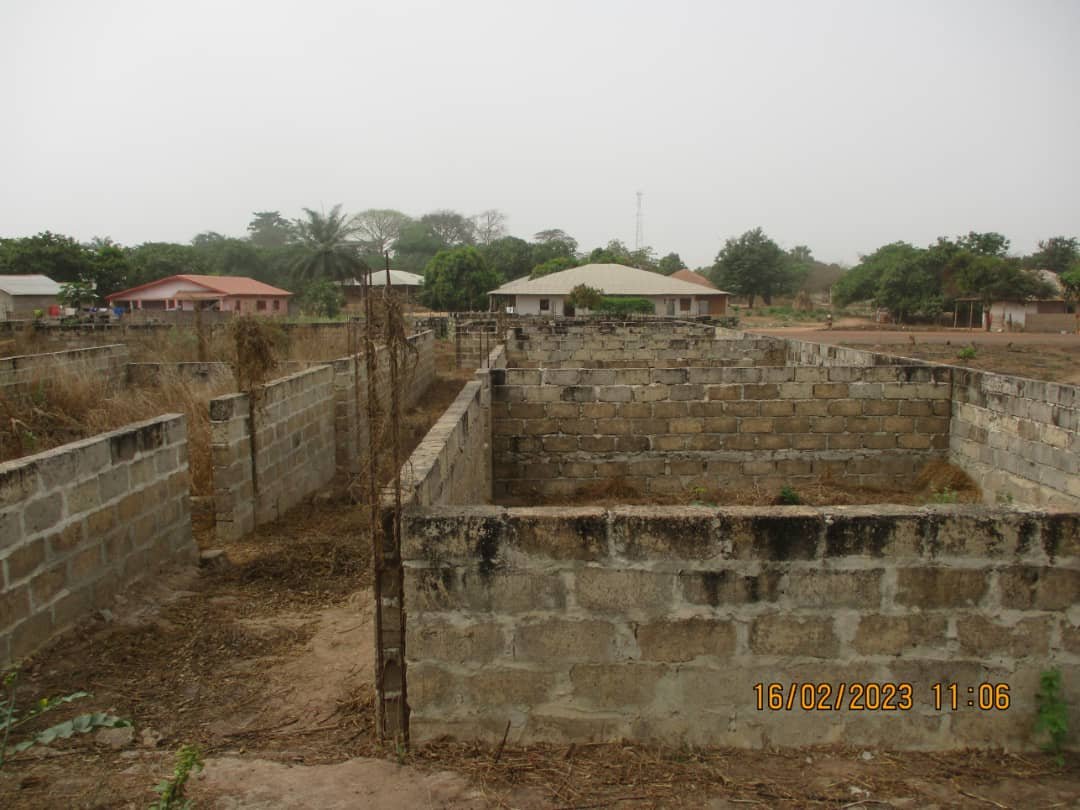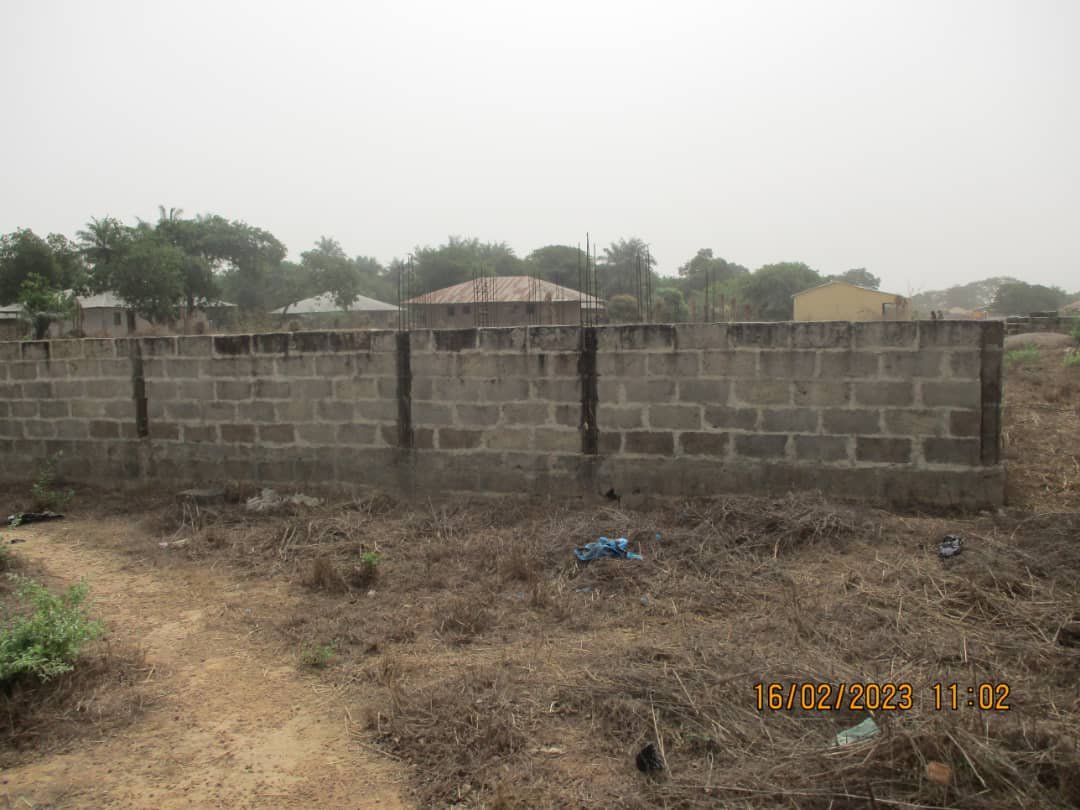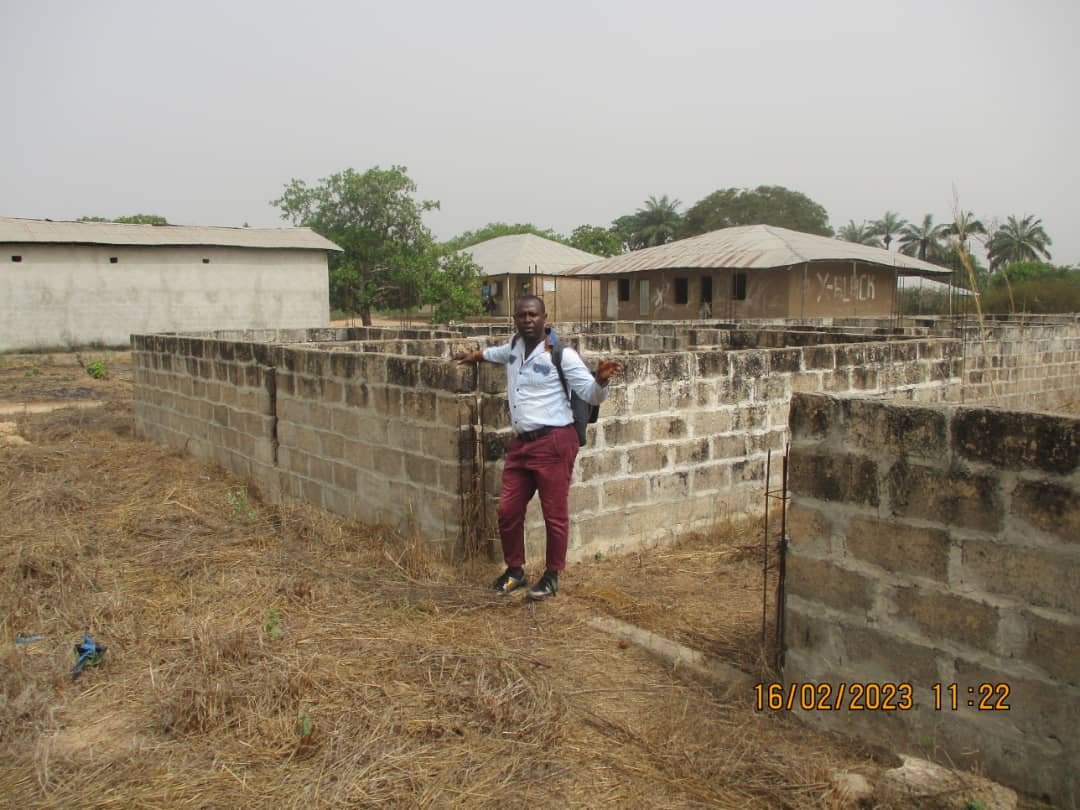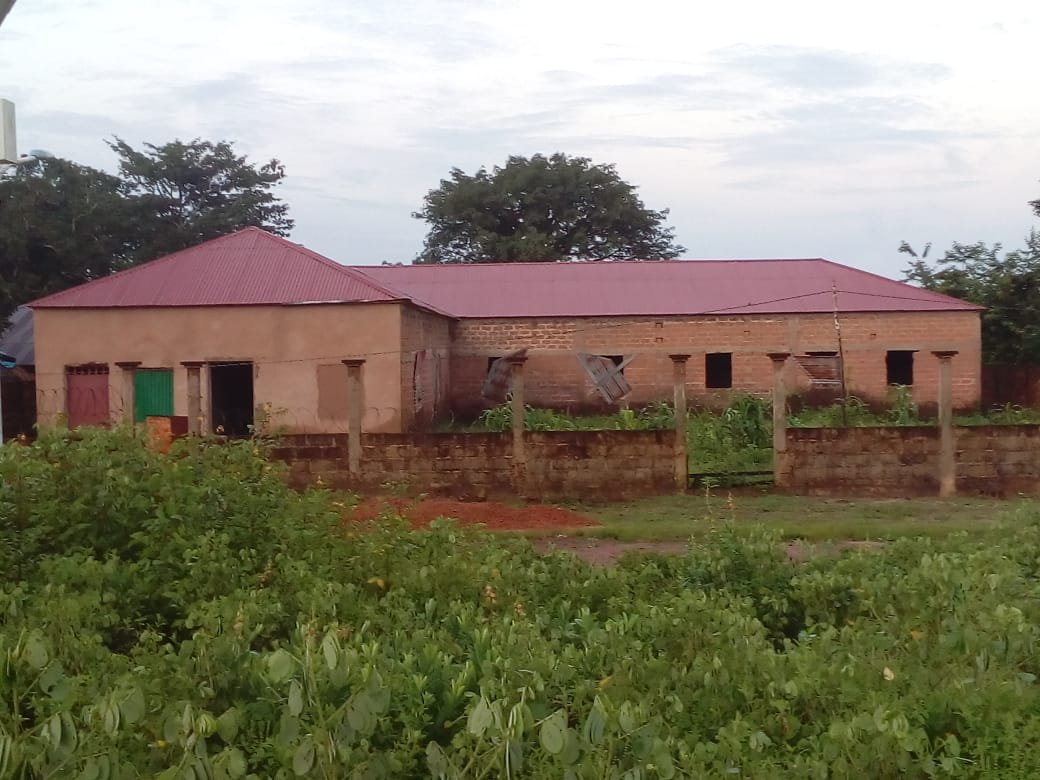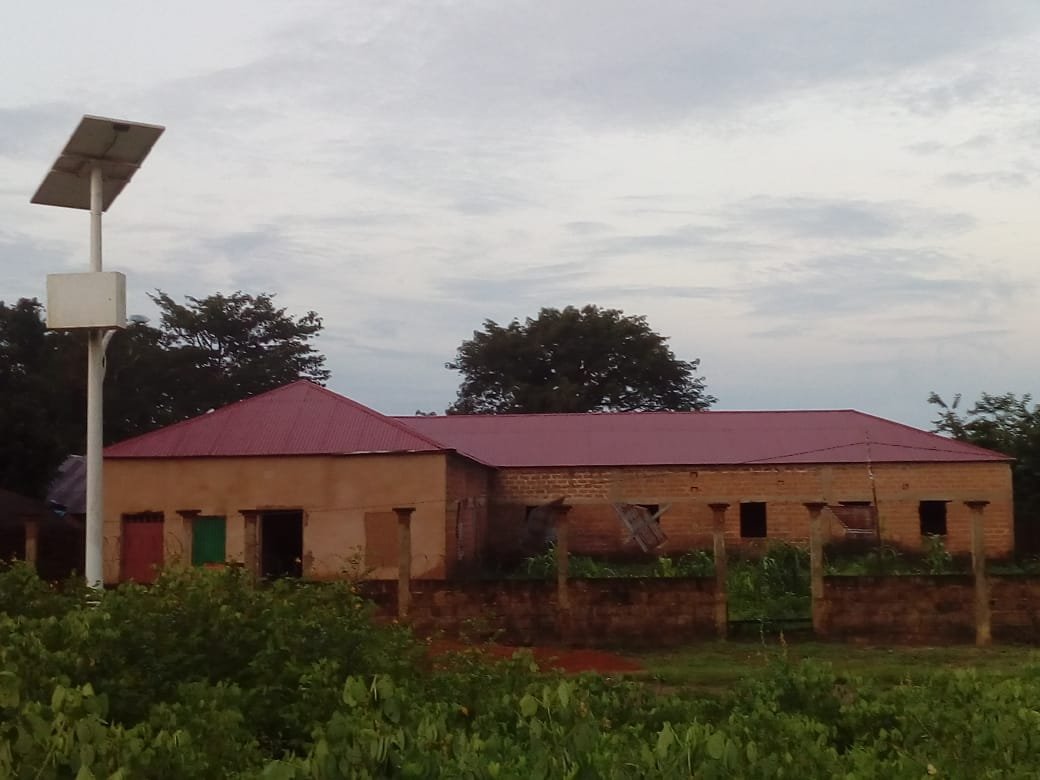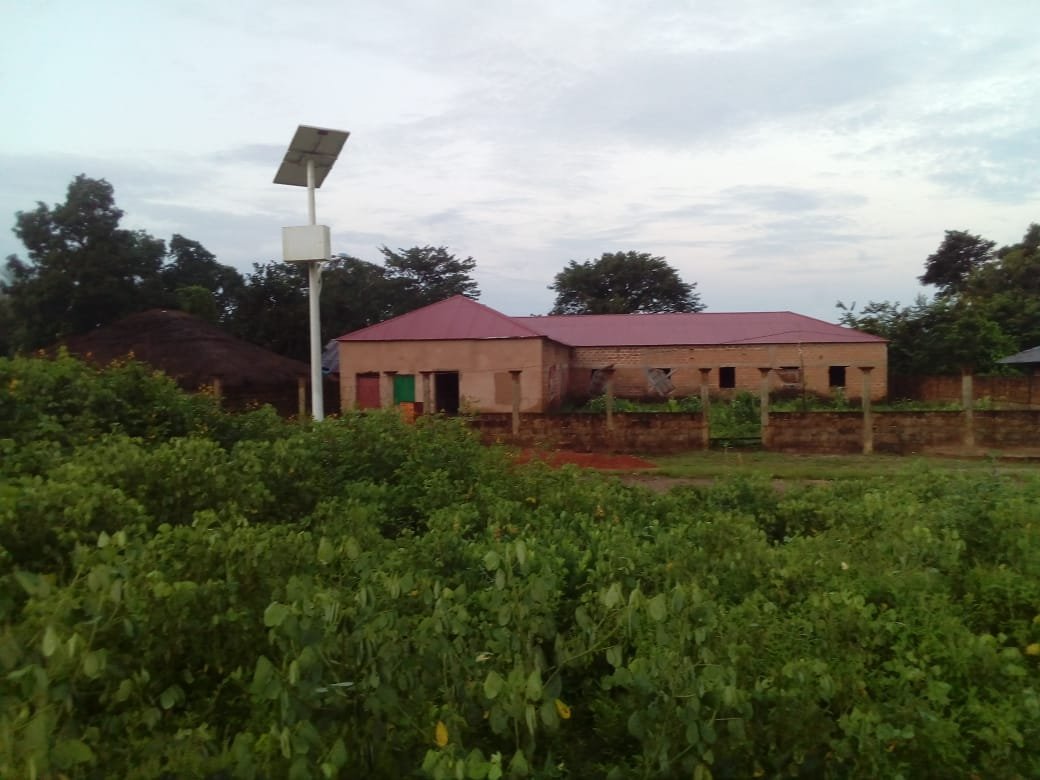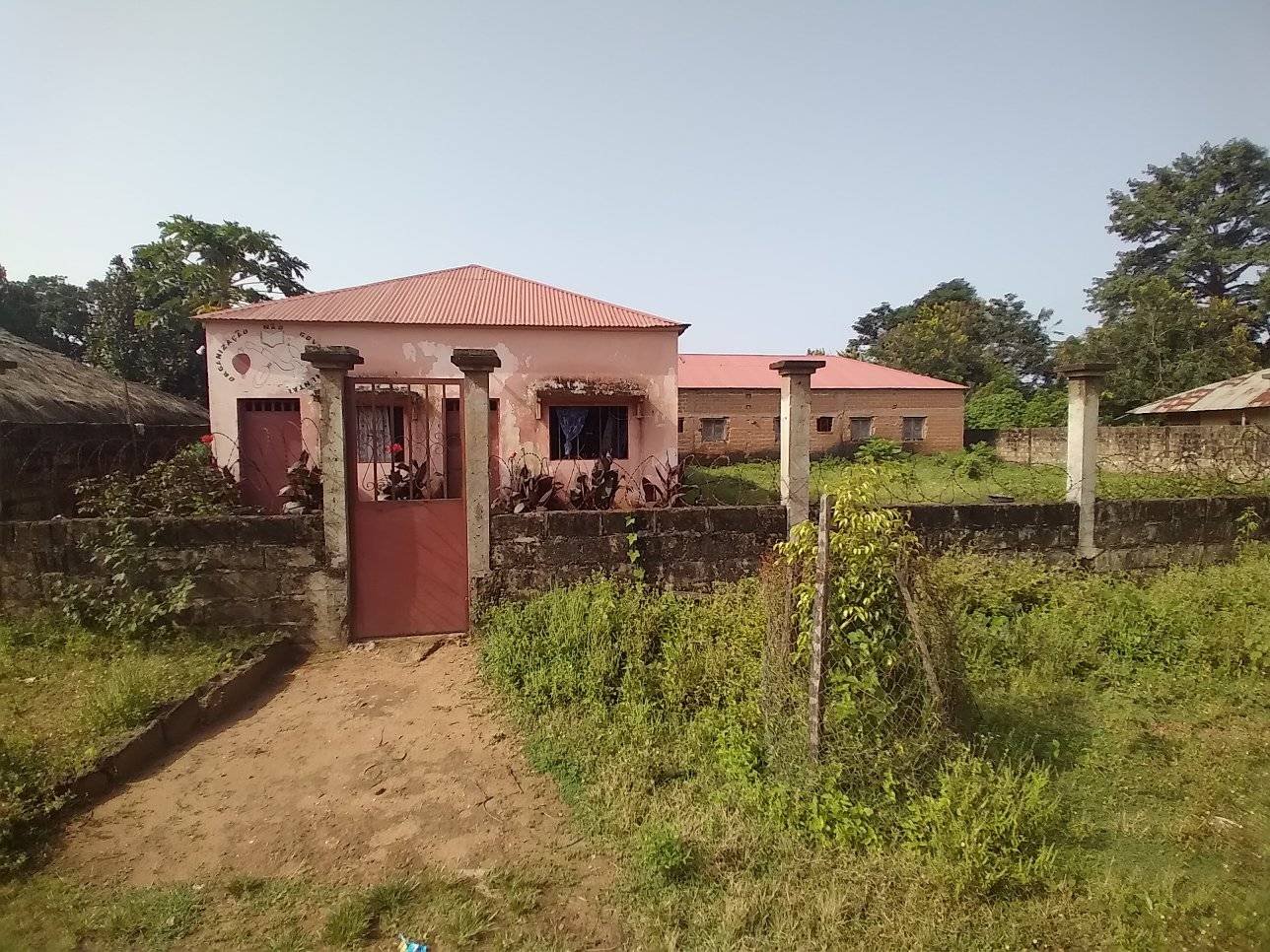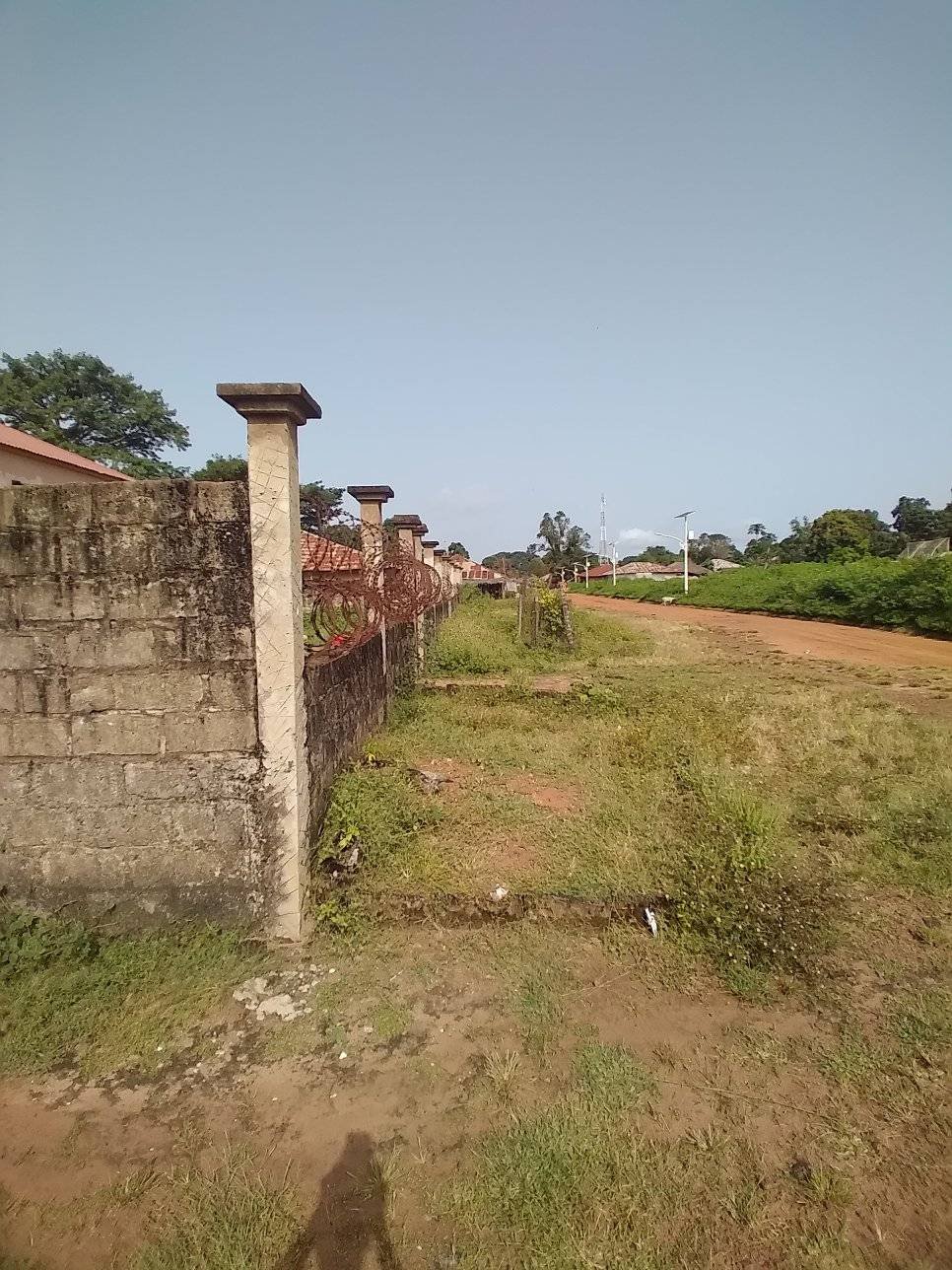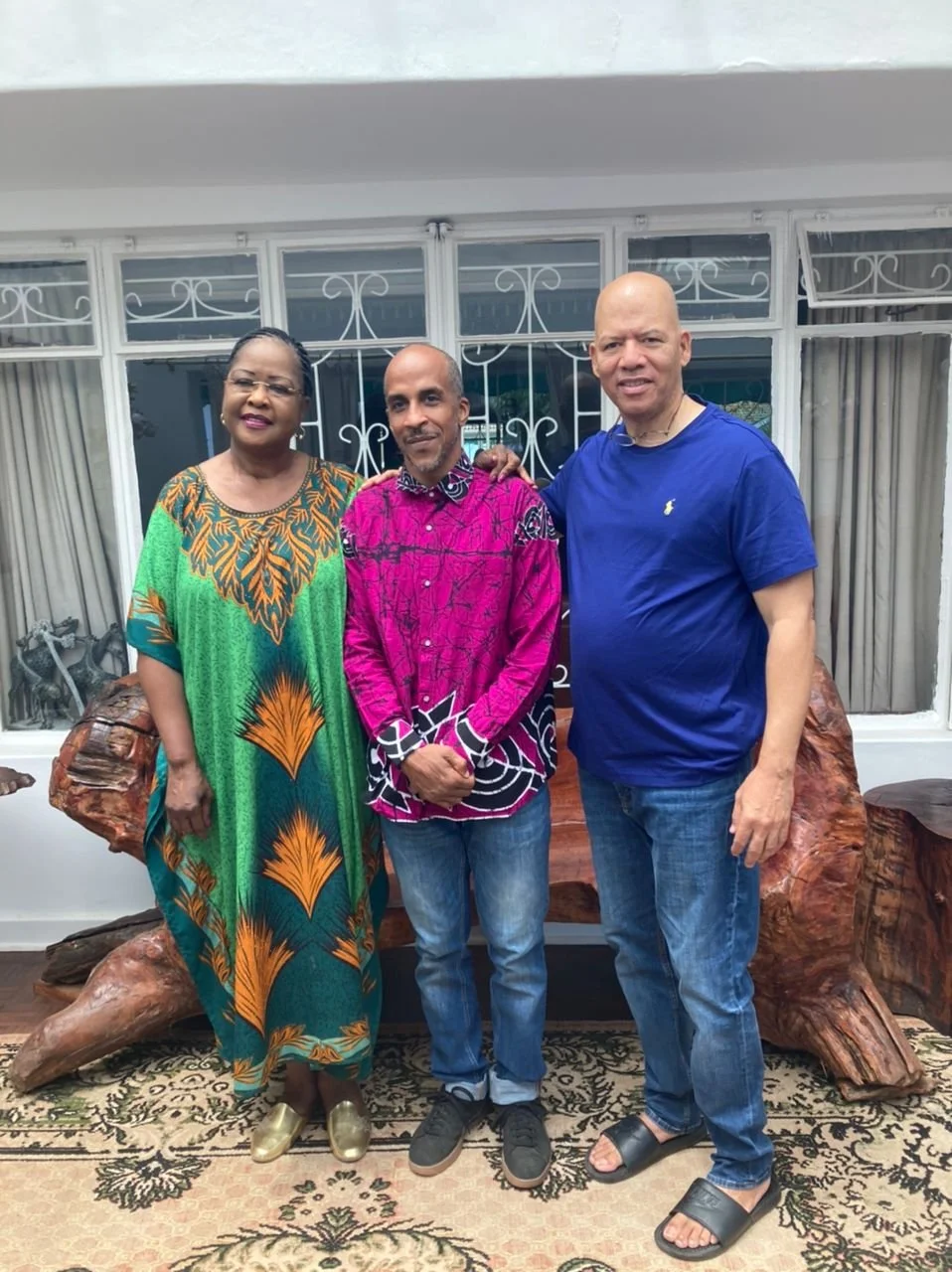Prince Theophilus: Hello everyone. Just to know, what is the real problem? I mean in the reconnection of afro descendants? A few questions to better understand the problem:
1- What exactly are Afro-descendants looking for?
Siphiwe:
An acknowledgement by the government of Cameroon that they are the descendants of the Bamileke, Ewondo, Fali, Fulani, Kirdi, Kotoko, Mafa, Masa, Mbenzele, Tikar and other peoples taken from their homelands in Cameroon as prisoners of war, trafficked across the Atlantic, and enslaved in the Americas.
An acknowledgement that they never relinquished their birthright claims to their homelands, and as such, have an enforceable moral and legal right to return under international law, especially the Geneva Convention
Designation as a unique class of immigrants with unique pathways to residency, resettlement, citizenship and preferential investment opportunity
Prince Theophilus: 2 - What problems do they want to solve exactly?
Siphwe: Afro-descendants want to
Solve the problem of spiritual destruction through ritual and symbolic return of the spirit of the ancestor that was kidnapped and trafficked from their homeland and died in captivity and did not receive proper burial rites;
Solve the problem of restoring families’ ancestral lineage;
Solve the problem of “belonging” by establish a homeland outside the lands and jurisdictions of their captivity in the west and within the land of their stolen birthright;
Solve the problem of Cameroon’s brain drain with brain gain;
Solve the problem of disunity in the Global African World by reconnecting the Africans at home with the Africans abroad;
Prince Theophilus: 3- Do they expect solutions from peoples or social groups from which they believe they descend (a few centuries ago) or from states that did not yet exist when their ancestors left the continent by force.
Siphiwe: Yes. When Cameroon gained independence and signed various international treaties, they assumed jurisdiction and responsibility for all issues pertaining to people within its jurisdiction. Thus, as a signatory to the Geneva Convention, the Republic of Cameroon has both a moral and a legal duty to provide for the final voluntary “repatriation” of the Bamileke, Ewondo, Fali, Fulani, Kirdi, Kotoko, Mafa, Masa, Mbenzele and Tikar descendants in the Americas whose unforfeited birthright is within the jurisdiction of Cameroon. It should be noted that war crimes and the Geneva Convention have no statute of limitation.
Prince Theophilus: 4- And those who claim to be descendants of such a tribe or such other sociological group, have they left it to explore other approaches, especially those endogenous, making it possible to verify their belonging to a group or a family?
Siphiwe: The African Ancestry matrilineal and patrilineal dna test measuring non-recombinant dna that is passed from generation to generation without change is the scientific proof of one’s direct lineage descent from Bamileke, Ewondo, Fali, Fulani, Kirdi, Kotoko, Mafa, Masa, Mbenzele, Tikar and other peoples taken from their homelands.
Prince Theophilus: 5- And those who come in expeditionary groups (prepared and coordinated by organizations or agencies) submit to collective rituals called reconnection. These rituals are in what register and do they correspond to the customs of all the ancestors of those who lend themselves to them?
Siphiwe: It is the responsibility of the Republic of Cameroon and the Chiefs, leaders, spiritual authorities and communities of the Bamileke, Ewondo, Fali, Fulani, Kirdi, Kotoko, Mafa, Masa, Mbenzele, Tikar and other peoples to see to such rituals of reconnection and customs of all the ancestors. It certainly cannot be expected from those that are returning to know of and have the capacity to ensure to such things.
Prince Theophilus: 6- And those who practice them do so in the name and on behalf of which community?
Siphiwe: Those who are returning are not practicing any of the customs of all the ancestors. This is the purpose of returning to Cameroon so as to engage in such activities that will help repair and restore the well-being of those that have been cut off from such cultural practices.
Prince Theophilus: 7- Often everything has been designed in advance by the organizers to come to Africa to perform what they were paid for. Is it serious?
Siphiwe: Those who have been leading such efforts have made serious attempts to do the best they can as “outsiders” coming into Cameroon. Again, it is the responsibility of the Republic of Cameroon to provide competent people to work with those who are organizing these events from the other side of the Atlantic to properly organize such “welcome home” events.
Prince Theophilus: 8- And when we challenge a few dignitaries or people from a few communities to give a semblance of seriousness to the activities, against remuneration, present or recognition of any kind, what is the result?
Siphiwe: Results vary according to the level of education, morality, integrity and political interests of the dignitaries consulted.
Prince Theophilus: 9- And those who act under ambushes or in a reactionary way, do they really meet the criteria of competence, legitimacy and established authority?
Siphiwe: I don’t understand this question. Please rephrase it.
Prince Theophilus: 10 - Whatever the pretexts and contexts, are endogenous customs really called upon?
Siphiwe: Again, it cannot be expected of those who have been living outside of Cameroon - against their will - for six or more generations, to know of understand, and behave in accordance with traditional customs. Such people wouldn’t even know how to properly call for and initiate them. Again, it is the responsibility of Bamileke, Ewondo, Fali, Fulani, Kirdi, Kotoko, Mafa, Masa, Mbenzele, Tikar and other peoples and their communities to prepare to receive and guide the people returning home, to teach them with sensitivity and wisdom, about their lost culture and customs.
Prince Theophilus: 11- And the officials of the administrations or representatives of the states who are often challenged, do they even understand what the real basic problem is?
Siphiwe: From our experiences so far working with the Director of Civil Cabinet of the Presidency of the Republic and the Ministry of External Relations, and their complete lack of response to our Decade of Return Initiative, it does not seem like the officials of the administrations or representatives of Cameroon understand the real basic problem nor the incredible opportunity that is presenting itself as a result of Ghana’s 2019 “Year of Return” and the spreading Back-to-Africa movement.
Prince Theophilus: 12- Besides the personal consolation of those who make the trip and the satisfaction of those who offer their services on the way, has the basic problem been solved?
Siphiwe: No. The basic problem of providing the environment for the repair of ethnocide and re-integrating the Bamileke, Ewondo, Fali, Fulani, Kirdi, Kotoko, Mafa, Masa, Mbenzele, Tikar and other descendants into their stolen birthright cultures has not been solved. This will require the granting of citizenship and specific public policy for this unique class of immigrants. It will take decades of effort by the people of Cameroon to help the generational transition from life of captivity in the west to life in the Republic of Cameroon.
Part 2:
New questions
Prince Theophilus: Q 13 - Coming back to Afro-descendants, are they recognized as descendants by the communities to which they claim to belong?
Siphiwe: How would we know? That is a question you would need to ask the communities to what extent we are accepted.
Prince Theophilus: Q 14 - Do they recognize the families to which they are attached within the said sociological groups?
Siphiwe: In most cases, they haven’t identified any family members. The African Ancestry dna test doesn’t measure that. It only identifies the ethnic identity of one’s unbroken paternal lineage and maternal lineage. It will be the responsibility of the communities in Cameroon to help in identifying family members. This can be done through a lot of work using other dna and genealogy databases, however those databases are owned by foreigners and present some security issues that many Afro-descendants do not wish to risk.
Prince Theophilus: Q15 - Have they done research to find out how one becomes or how one is recognized as a member of the sociological group to which they claim to be attached?
Siphiwe: Many of the various descendants have formed networks and history and genealogy societies to pool their research efforts. However, it is the responsibility of the communities in Cameroon to understand that THEY must realize that the Bamileke, Ewondo, Fali, Fulani, Kirdi, Kotoko, Mafa, Masa, Mbenzele and Tikar descendants returning to Cameroon from the Americas can only get the research you are speaking of from the communities themselves. It is not the child (the returnees) that is responsible for getting the knowledge, it is the parent (the communities in Cameroon) that must recognize their returning children and take responsibility for providing them the information that was kept from them.
Prince Theophilus: Q16- Is it enough to have a DNA test to claim a nationality?
Siphiwe: According to countries like Sierra Leone and Guinea Bissau, yes. The question is, why isn’t this enough for Cameroon?
Prince Theophilus: Q17- What is the legal (legal) and customary (legitimate) value of the documents or information provided by the agencies or test laboratories that Afro Descendents use?
Siphiwe: That’s for the sovereign Republic of Cameroon to decide. Again, AU Member states such as Sierra Leone and Guinea Bissau have give a legal recognition and status to the African Ancestry certified documents. The Republic of Cameroon is no less a sovereign power.
Prince Theophilus: Q18 - Have these results been cross-assessed or tested, for example through confirmation tests on the current descendants of the communities of origin, and or by other anthropological methods such as ordeals and various practices of divinatory arts which are research methods used by some of the communities?
Siphiwe: How could such tests, such as anthropological methods. . . ordeals and various practices of divinatory arts confirm any origin if the practitioners of such things from the communities themselves don’t create events for such testing and invite the Bamileke, Ewondo, Fali, Fulani, Kirdi, Kotoko, Mafa, Masa, Mbenzele and Tikar descendants in the Americas to attend them and submit themselves to these assessments? It is essential to remember that the returnees are “outsiders” to societies in Cameroon who need orientation and integration programs created for them as is their birthright.
Prince Theophilus: Q19 - Do international conventions recognize the results of DNA tests carried out as elements of sufficient proof to justify membership of a particular sociological group, and giving the right to a nationality?
Siphiwe: We are working on such a convention for the African Union as we speak. But the African Union is not a sovereign power. They can make decisions but it is up to each AU Member state to implement the decisions. This is a question for the parliament of the Republic of Cameroon. However, they can (and should) follow the lead of Sierra Leone and Guinea Bissau on this matter.
Prince Theophilus: Q- 20- The states that have ratified the said conventions would then be called upon to comply. It will therefore remain to know what customary law and religious dogmas say about reconnection, according to socio-anthropological specificities.
Siphiwe: I’m quite sure that Bamileke, Ewondo, Fali, Fulani, Kirdi, Kotoko, Mafa, Masa, Mbenzele and Tikar descendants in the Americas would be delighted if the communities and societies in Cameroon would publish the customary law and religious dogmas concerning reconnection according to socio-anthropological specificities. Who but the parent societies could complete this task? Now, here are my questions:
Questions for Prince Theophilus Tatsitsa Gha -
At the First Extraordinary Summit of the General Assembly of the AU in February 2003, the Republic of Uganda along with the other AU member states, adopted the Article 3q amendment to the AU Constitutive Act which “invite(s) and encourage(s) the full participation of the African Diaspora as an important part of our Continent, in the building of the African Union. What has the Republic of Cameroon and the Paramount Chiefs done to make sure that the Bamileke, Ewondo, Fali, Fulani, Kirdi, Kotoko, Mafa, Masa, Mbenzele and Tikar descendants in the Americas can return and fully participate in the building of Cameroon society and the African Union?
Prince Theophilus: On the participation of the African Diaspora in the construction of the African Union...
The resolutions of the successive meetings of the African Union have led to the recognition of the Diaspora as constituting the 6th Region of the African Union. The Afro-descendants would have done better to seize this breach to work for the implementation of the structures of a Community of the 6th Region, which would have its representatives within the African Union.
Through a parliament of the community of the 6th Region, recognized by the African Union, the question of citizenship would be easily settled for Afro-descendants or any African born outside the continent. With the advantage that such citizenship could give access to all the other 5 regions of the continent.
For this question, it is incongruous to reduce the responsibilities to the level of the sociological groups which are found in one or the other of the 5 regions of the continent.
Siphiwe: This is the thing we dislike. When we ask a direct question to our brothers and sisters, especially Government Officials and Royalty, we don’t get a straight answer to the question. My question was What has the Republic of Cameroon and the Paramount Chiefs done . . . . I was expecting to hear in reply, “We have done this…. We are doing this….. and we need to be doint this…..” Unfortunately, you did not discuss the actions of the Government or Chiefs, but instead changed the subject to the responsibility of those in the Diaspora. This causes us to feel disdain for those who should truly be our partners. I would remind you that the Diaspora was invited to be a “partner” with the AU and thus, the member states and the people themselves, as partners, have duties and responsibilities. The Diaspora is well aware of its responsibilities. I don’t think you are aware of the fact that since 2003, the African Diaspora has been prevented from establishing itself officially as the AU 6th Region by the African Union itself!!!! I know this because I was in charge of supervising the election of the first 20 Diaspora representatives to AU ECOSOCC in 2006. Since then, many commentators have published analysis of the AU’s failures regarding its invitation to the Diaspora. And now I work closely with the former AU Ambassador to the United States, H.E. Arikana Chihombori-Quao as the Coordinator of the 8th Pan African Congress Part 1 (8PAC1) to be held in Harare, Zimbabwe later this year. The agenda for the 8PAC1 is establishing the AU6th Region with headquarters, Ambassadors to the AU Permanent Representative Committee (PRC), and dual citizenship for African Diasporans. So I can tell you what we, the Diasporans, have been doing and are doing to fulfill our part of the partnership for the past 20 years. Since I am well versed in this aspect, again, I ask the you not to talk about the AU or the Diaspora, but instead to discuss what is or isn't being done by the Government and Chiefs in Cameroon to fulfill their end of the partnership. Getting this kind of information is the purpose of my questions. We want to know what is being done on our behalf inside Cameroon to fulfill its obligations. Next question:
2. What problems were created when Bamileke, Ewondo, Fali, Fulani, Kirdi, Kotoko, Mafa, Masa, Mbenzele and Tikar people were taken from their villages and enslaved in the Americas? How have those communities who lost family members tried to solve those problems?
Prince Theophilus: It seems to me that there is a misunderstanding or confusion about what is supposed to establish the relations of supposed fraternity or brotherhood between the descendants of the deportees from Africa and the members of the communities to which they believe they are attached.
Africa is today occupied by the States resulting from colonization on the one hand (which are grouped into 5 regions of the African Union), and on the other hand, by sociological groups more or less structured in historical communities. or fate.
Not all Post Colonial Countries have the same sociological groups.
Not all sociological groups have the same relationship with the forced deportation of Africans (slavery). Some communities were also formed late.
But in the Afro-descendant narrative, all colonial states and sociological groups are lumped together, due to a lack of historical and anthropological research, as well as the massive propaganda of DNA testing companies and agencies that offer shipments with some key reconnection services.
Siphiwe: there is no misunderstanding on our part. I personally have been working on this issue since I left the African Union in 2003 when Article 3(q) was made to “invite and encourage the full participation” of the African Diaspora. In fact, I have prepared a resource guide of all the major decisions and agreements made by the AU concerning our partnership avaialble here.
We agree that “Not all sociological groups have the same relationship with the forced deportation of Africans (slavery).” But you are mistaken when you say, “But in the Afro-descendant narrative, all colonial states and sociological groups are lumped together, due to a lack of historical and anthropological research. . . .” This is the very reason why we asked you specifically about each sociological/ethnic group by name. And yet, you still did not answer our questions concerning what problems were caused when, for example, Bamileke families lost Bamilike family members that were enslaved in the Americas? How have Bamilike people tried to solve them? The same for all the other groups of people. You did not give us an answer to that question. Next question:
3. How have the Bamileke, Ewondo, Fali, Fulani, Kirdi, Kotoko, Mafa, Masa, Mbenzele and Tikar communities and the Republic of Cameroon sought to remember those who were taken and enslaved?
Prince Theophilus: According to traditions, when a custom is badly made, it can be done 1000 times without solution even if it is made by non-consecrated people or on non-concerned people.
Siphiwe: Again, my question was not answered. I was expecting to hear about traditions that were done, for example, in the Tikar communities to remember the Tikar people who were captured and enslaved in the Americas. For example, here in Guinea Bissau, there is a song that is sung once a year in Cacheu where the majority of people of Guinea Bissau were taken. Did any of the ethnic groups in Cameroon develop any similar cultural traditions? Next Question:
4. What efforts have the Bamileke, Ewondo, Fali, Fulani, Kirdi, Kotoko, Mafa, Masa, Mbenzele and Tikar communities and the Republic of Cameroon made to rescue the descendants of their family members that were taken away?
Prince Theophilus: In general, it is the one who feels bad who must, first, look for solutions to his pain.
It is not in the interests of Afro-descendants to wait for solutions to be offered by communities to which they claim to belong or to descend through their ancestors.
They have to do research. And also know that not all lessons are open to everyone. The access criteria are not based on filiations defined in laboratories or suggested by foreign genealogical guidance companies.
Siphiwe: This is a little insulting. Anyone who studies the history of African peoples in the Americas knows how much pain we have felt and all the efforts we have made in every generation to rebel against our enslavers and to return to our ancestral homelands as well as to all our efforts to defend Ethiopia when she was invaded by the Italians and all the African Liberation movements in their struggle against colonialism and apartheid. The Afro-Descendants are by no means waiting for solutions as we have taken the initiative ourselves. Was it Africans at home that developed DNA testing to identify the victims who were taken from their families in Africa and enslaved in the Americas? No! It was the African Diaspora, and specifically Dr. Kittles and Gina Paige of African Ancestry, that took the initiative. This is just one example. Where is the initiative from just one African country to send a ship or plane for any of us, and bring us back and give us citizenship? The Diaspora is disappointed that the communities from which they originate, to whose ancestral bloodlines they belong, are taking no ownership and responsibility in repairing the damage that was done by severing family members from each other. It is not in the interests of the Bamileke, Ewondo, Fali, Fulani, Kirdi, Kotoko, Mafa, Masa, Mbenzele and Tikar communities and the Republic of Cameroon to wait for their long lost family members in the Diaspora to do everything to reconnect the Bamileke, Ewondo, Fali, Fulani, Kirdi, Kotoko, Mafa, Masa, Mbenzele and Tikar people abroad with the Bamileke, Ewondo, Fali, Fulani, Kirdi, Kotoko, Mafa, Masa, Mbenzele and Tikar people at home in the Republic of Cameroon. All Pan Africanists understand that such a project requires Ubuntu - ALL OF US. We want to know when the people and government of Cameroon is going to stand up and do its part. We have not yet heard your answer to this. Next Question:
5. How will the Bamileke, Ewondo, Fali, Fulani, Kirdi, Kotoko, Mafa, Masa, Mbenzele and Tikar communities and the Republic of Cameroon seek justice for the descendants of their family members that were taken away?
For the communities to be customarily concerned by the request for reconnection, the filiation would have to be effectively established, as well as the tangible responsibility of the community or its members for the forced deportation in a past to be clearly located.
Siphiwe: We agree. What are the people and Government of Cameroon doing to effectively establish “the filiation”? What can they do? What do you think is the tangible responsibility of the community or its members in this regard? This is the answer we are awaiting from you. Next Question
6. Do the Bamileke, Ewondo, Fali, Fulani, Kirdi, Kotoko, Mafa, Masa, Mbenzele and Tikar communities prefer that the descendants of their enslaved family members live integrated amongst them or in separate communities?
Prince Theophilus: It should be noted that the Africans living on the continent today, members of the sociological groups mentioned, are only descendants, just as the Afro-descendants are also of the same African ancestors.
And Africa, since the period of forced deportation or slavery, has experienced many phenomena, including new migrations, colonization and its share of forced labor, i.e. home slavery (on African soil), and today, tele-colonization (by instruction and educational and political conditioning).
Without forgetting that it resists and develops a participatory and cooperative slavery: which manifests itself in voluntary, sustained and sometimes more risky deportations and separation from parents is often painful than at the time of chain slavery. .
You only have to follow the news to learn that many Africans lose their lives in the oceans, or suffer excruciating suffering during their immigration journey. Many parents are not even informed of certain travel plans. These new deportations are no less forced. And the candidates for the adventure are often very numerous. This could be incomprehensible or dilute the receptivity to requests for returns presented by some of the Afro-descendants.
Siphiwe: This in no way answers my question. You have changed the subject. I repeat the question in hopes of getting a direct answer: Do the Bamileke, Ewondo, Fali, Fulani, Kirdi, Kotoko, Mafa, Masa, Mbenzele and Tikar communities prefer that the descendants of their enslaved family members (WHO ARE RETURNING) live integrated amongst them or in separate communities? Next Question:
7. How much land will the Bamileke, Ewondo, Fali, Fulani, Kirdi, Kotoko, Mafa, Masa, Mbenzele and Tikar communities provide for the returning descendants of their family members that were enslaved in the Americas?
8. Have the Bamileke, Ewondo, Fali, Fulani, Kirdi, Kotoko, Mafa, Masa, Mbenzele and Tikar scholars published research on how best to integrate the returning descendants of their enslaved family members?
9. Have the Bamileke, Ewondo, Fali, Fulani, Kirdi, Kotoko, Mafa, Masa, Mbenzele and Tikar communities in Cameroon prepared language training programs for the returning descendants of their family members that were enslaved?
10. What commitments will the Bamileke, Ewondo, Fali, Fulani, Kirdi, Kotoko, Mafa, Masa, Mbenzele and Tikar chiefs make to the returning descendants of their family members that were enslaved in the Americas?
11. How will the Paramount Chiefs approach the government on behalf of the descendants of their family members that were enslaved in the America’s to ensure that the Republic of Cameroon fulfills its moral and legal obligations to provide for the return of Bamileke, Ewondo, Fali, Fulani, Kirdi, Kotoko, Mafa, Masa, Mbenzele and Tikar peoples?
Prince Theophilus: Today, there is more interest in dialogue (as opposed to claims), between the current generations of Africans living on the continent and those wishing to reconnect with Africa or return temporarily or to settle.
Thank you, Dear Baleka for your reaction which confirms my analysis. The opposite would have surprised me. Your recitation or your indexing of sociological groups as a kind of mantra clearly suggests that you may not agree with my approach which may even cause a clash of thoughts. The fact that my analysis based on sociological realities rows against the current of certain discourses that are well established.
We can continue the exchanges, but for us to understand each other well, it would be important to make a few reminders for more details on the historical periods preserved by the subject.
1 - When is the period of deportation and forced Africans?
Siphiwe: It began on June 18, 1452 when Pope Nicholas V issued the Apostolic Edict known as the Dum Diversas Papal Bull. The period of forced “deportations” or, more properly, the trafficking of prisoners of war, continued through monopoly contracts known as “Asientos” which were variously granted by the Catholic Church to private merchants from 1518 to 1595, to Portugal from 1595 to 1640, to the Genoese (Italy) from 1662 to 1671, to the Dutch and Portuguese from 1671 to 1701, to France 1701-1713, the British 1713 to 1750, and the Spanish 1765 to 1779. In the United States, several colonies became combatants to the Dum Diversas War when they legalized slavery: Massachusetts in 1641; Connecticut in 1650; Virginia in 1657 and Maryland in 1663. Other colonies followed and the United States of America officially entered the Dum Diversas War trafficking of people from Guine after American independence in 1776. The British stopped their forced deportation/rafficking of prisoners of war in 1807 and the French followed suit between 1845-48.
Prince Theophilus: 2- When does the existence, in their current denominations and organizations, of the sociological groups called (?):
- Bamileke,
- Ewondo,
- Fali,
- Fulani,
- Kirdi,
- Kotoko,
- Mafa,
- Massa,
- Mbenzele
- and Tikar.
To name a few,... from Cameroon/Cameroon
Siphiwe: I think the point is this - the people of Cameroon, whoever they are and whatever they are called - suffered when members of their family were captured, trafficked and enslaved in the Americas. Now it is possible to remember who these people were and identify their descendants who want to come home. Do the people who were left in Cameroon care about the family members who were taken and survived slavery? Are they going to welcome them home, give them their citizenship, and help then integrate by learning their language and culture, or are they going to be cold-hearted and turn their backs and continue the divisions between Africans at home and those abroad. Will Cameroon, its Government and Chiefs, show themselves to be leaders of Pan African values or poor students of history?




